Originally known as the “Manga de Yasashiku Wakaru Series” in Japan, this acclaimed series was introduced to the global stage in 2023 by Wiley, a prominent publisher renowned for its leadership in research and education. Under the English title “Manga for Success,” the series comprises six compelling titles designed to resonate equally with Western and Japanese audiences.
Series Titles:
- The Psychology of Personal Growth and Better Relationships
- Business Problem-Solving and Strategy
- Marketing
- Leading Teams and Meetings
- Managing Change
- Resilience, Confidence, and Positive Thinking
What Sets This Series Apart?
Immerse yourself in visually captivating manga narratives that simplify complex business and self-help concepts. This series blends storytelling with practical insights, ensuring an engaging learning experience that empowers readers to excel in both their professional careers and personal lives.
Wiley “Manga for Success” Series:
https://www.wiley.com/en-us/Manga+for+Success-c-6250
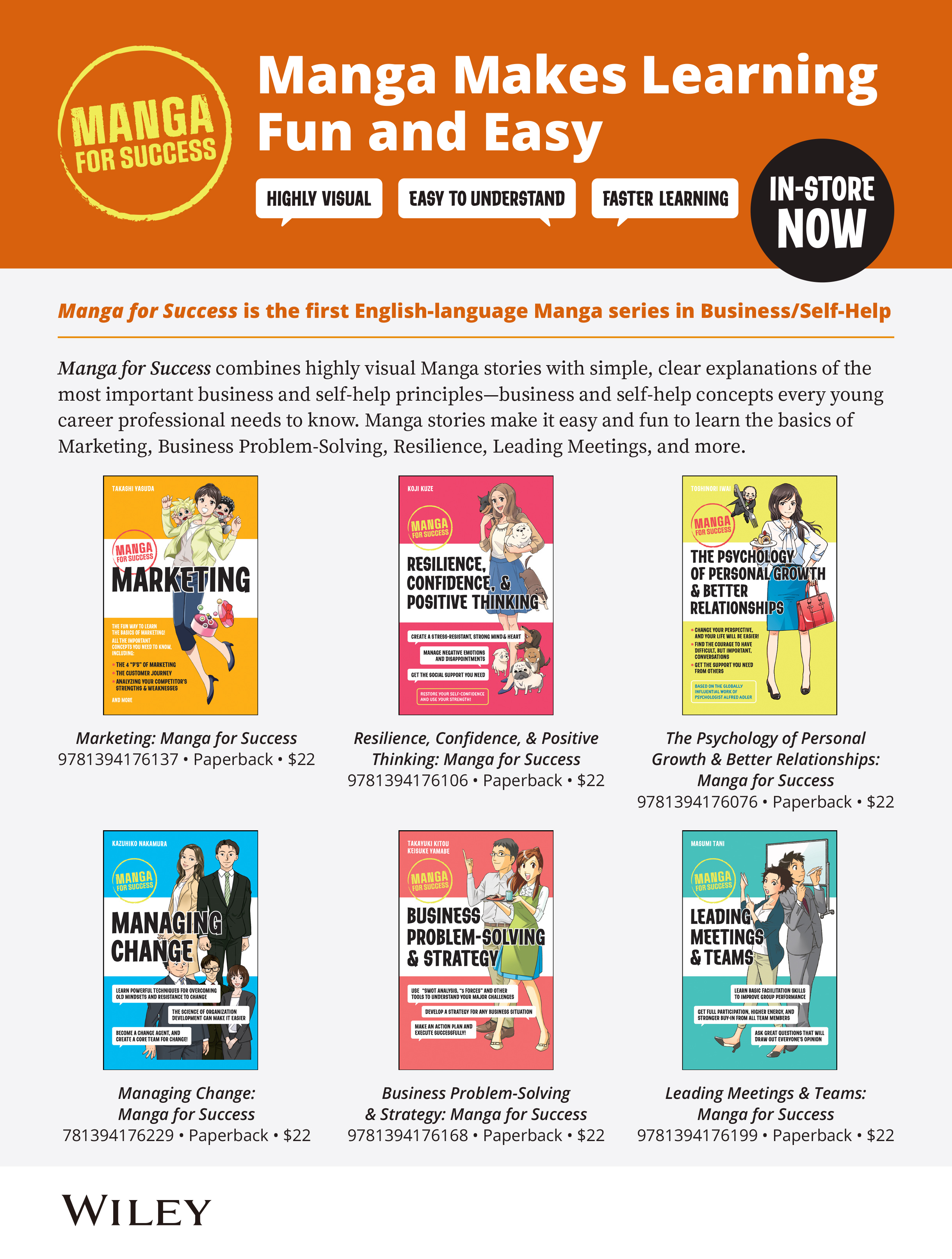
In Japan, manga are not just for children. Books combining text and illustrations have been popular with Japanese readers of all ages for centuries. Today, one-third of all books published in Japan are manga.
Manga offer several advantages over traditional text-only works. Our brains process text up to twice as quickly if it is combined with pictures. Retention is also improved. Narratives about humans experiencing sadness, anger, and joy connect to our instinctive capacity for empathy, conveying key information more vividly and memorably.
JMAM applies these insights to books specifically for businesspeople. Our manga make it easier to quickly grasp advanced concepts in business and industry, from management theory to manufacturing efficiency.

Easy reading through MangaKnowledge Creation

Easy reading through MangaTheory U

Easy reading through MangaIn-Basket Thinking

Easy reading through MangaBusiness Model
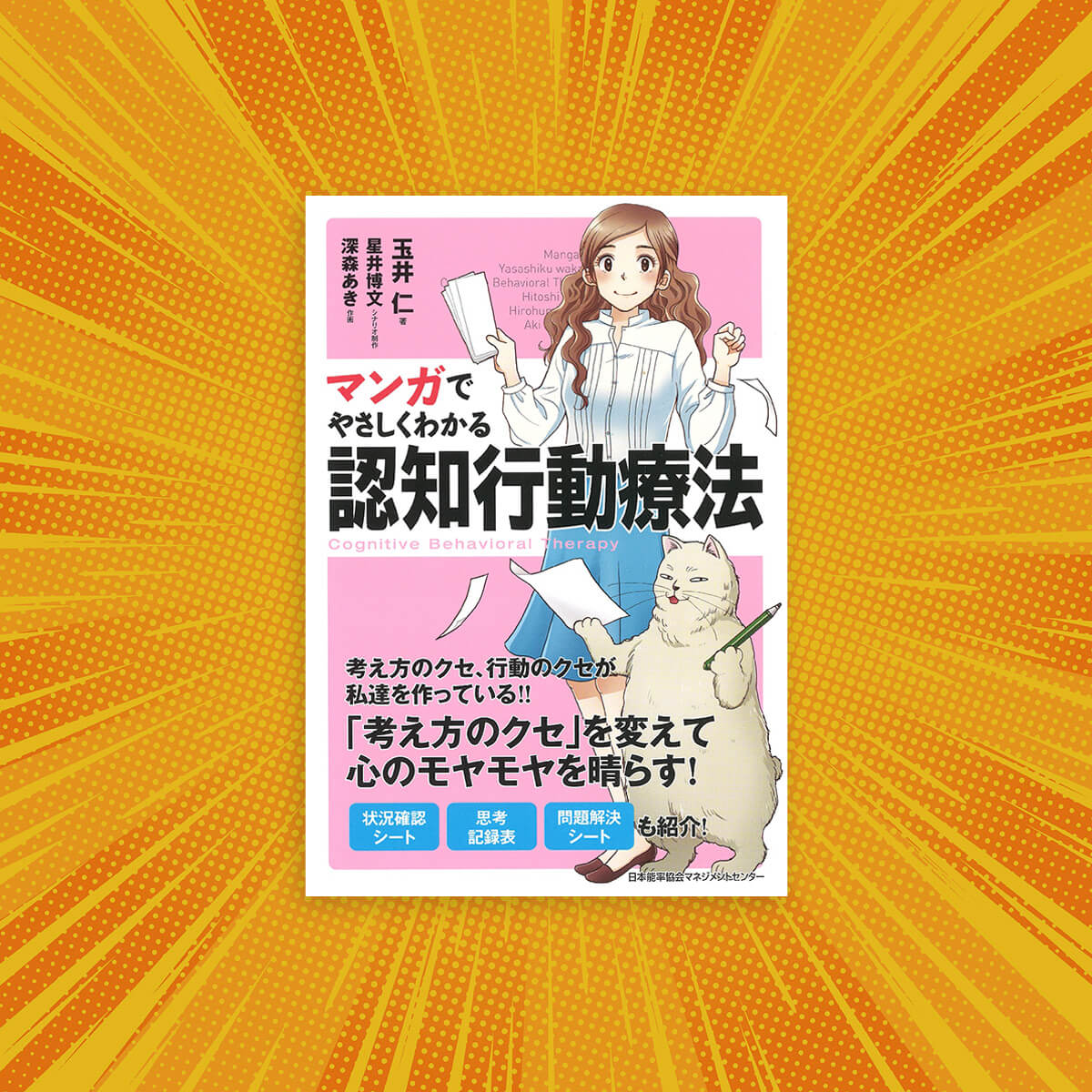
Easy reading through MangaCognitive Behavioral Therapy
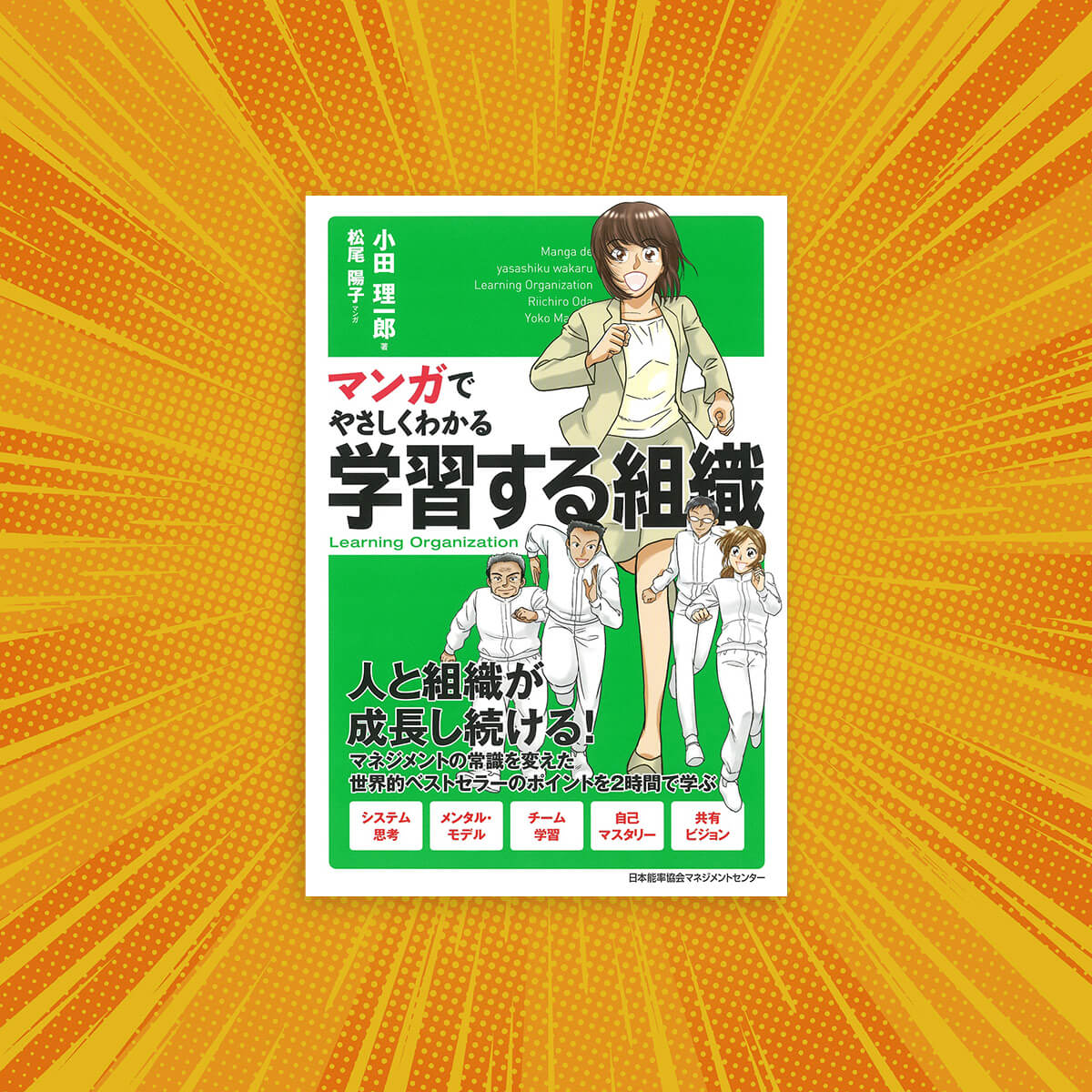
Easy reading through MangaLearning Organization
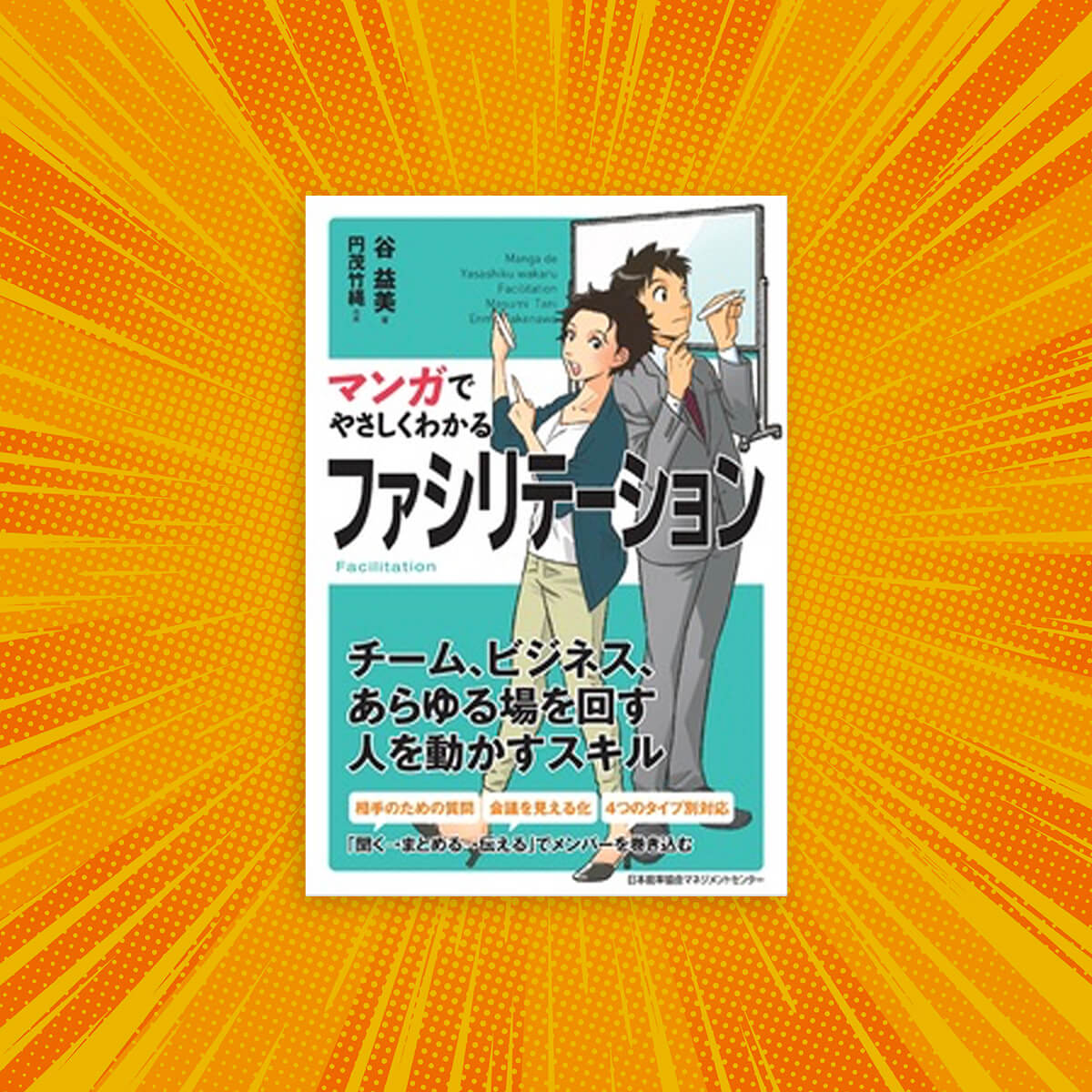
Easy reading through MangaFacilitation

Easy reading through MangaActive Listening

Easy reading through MangaAnger management

Easy reading through MangaIndividual psychology by Adler Human relationships
How much do you know about Japanese culture? From tea ceremony and haiku to anime and karaoke, aspects of Japanese culture have been embraced around the world. But it also has subtler depths that are not as widely known.
Concepts like ikigai (finding purpose in life), omotenashi (gracious and effortless hospitality) and sanpo yoshi (business that is good for the buyer, the seller, and society at large) offer a uniquely Japanese take on universal human concerns like striving to do good and treat others well. Even Japan’s business world is guided by a philosophy of building prosperity by respecting the public.
JMAM’s books on Japanese culture explain traditional values, customs, and approaches to living in a way that helps busy modern readers apply these ideas in their own lives, both at home and in the office.

How a small taxi service company operating in a city in a mountainous area advanced customer satisfaction
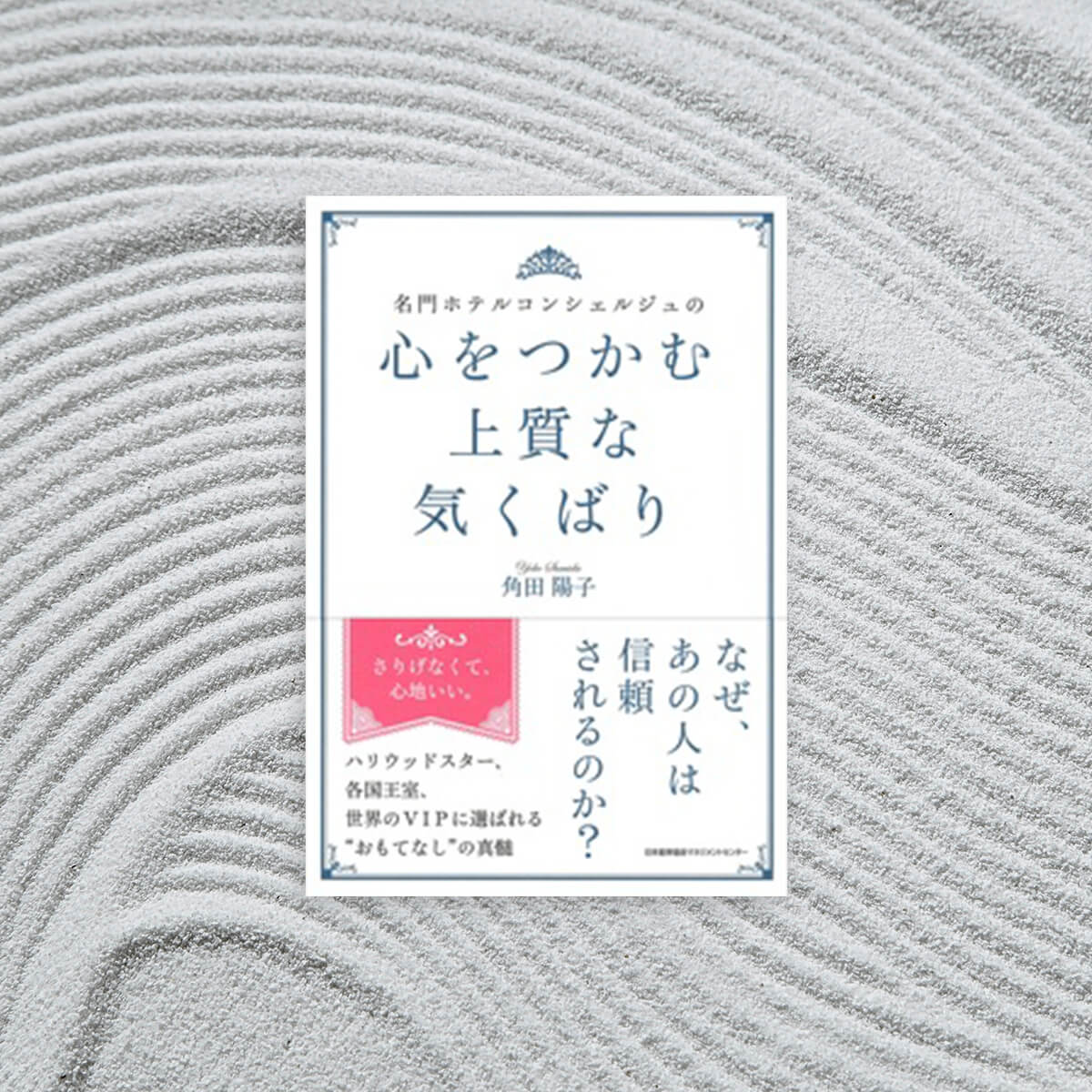
A high level of attentiveness by a concierge of a prestigious hotel who wins the hearts of guests

The job of designing a train
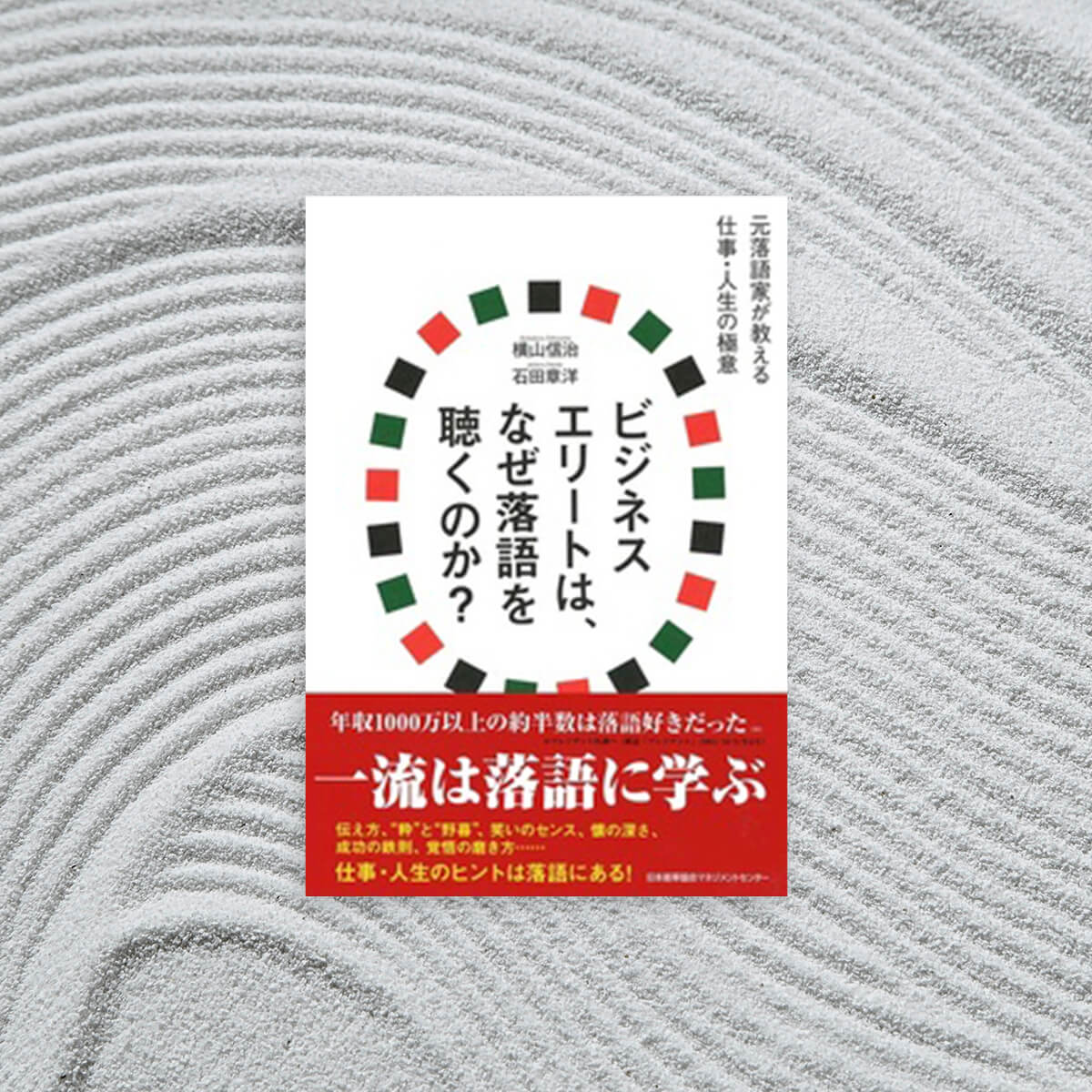
Why do successful people in business listen to Rakugo?

Takarazuka style: the basic manners of beautiful people
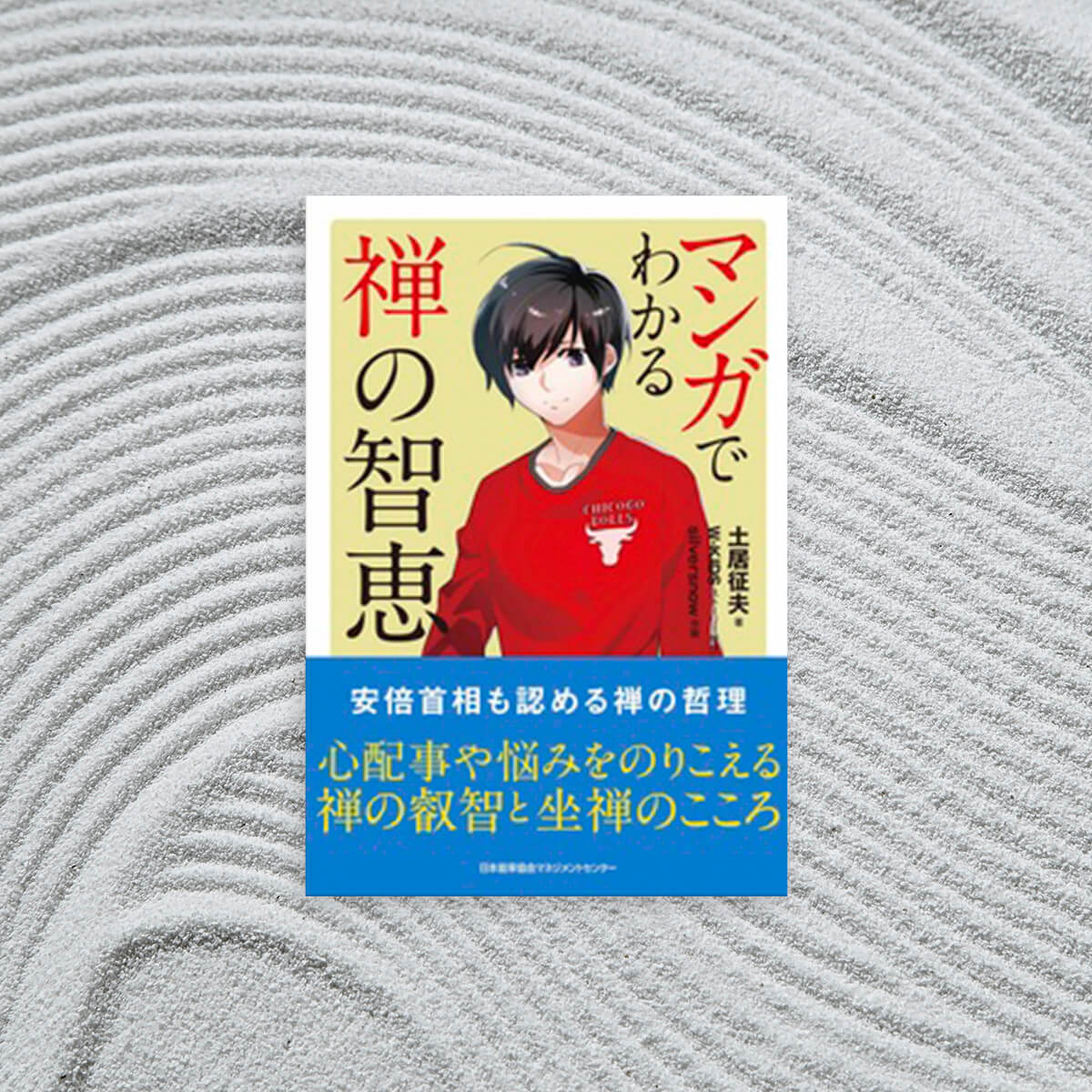
Easy reading through MangaThe Wisdom of Zen
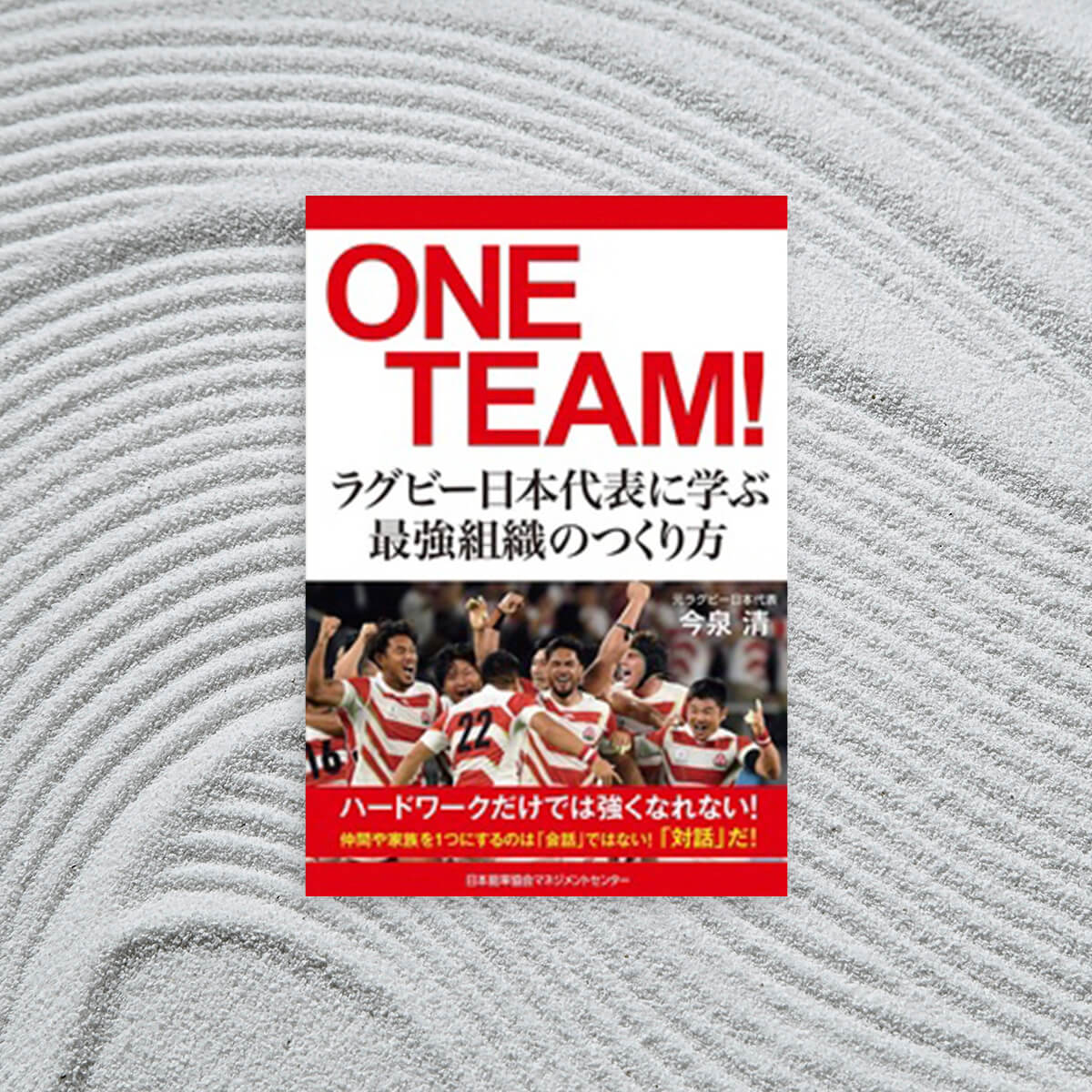
ONE TEAM: Learn from the Japan national rugby team how to create the strongest organization
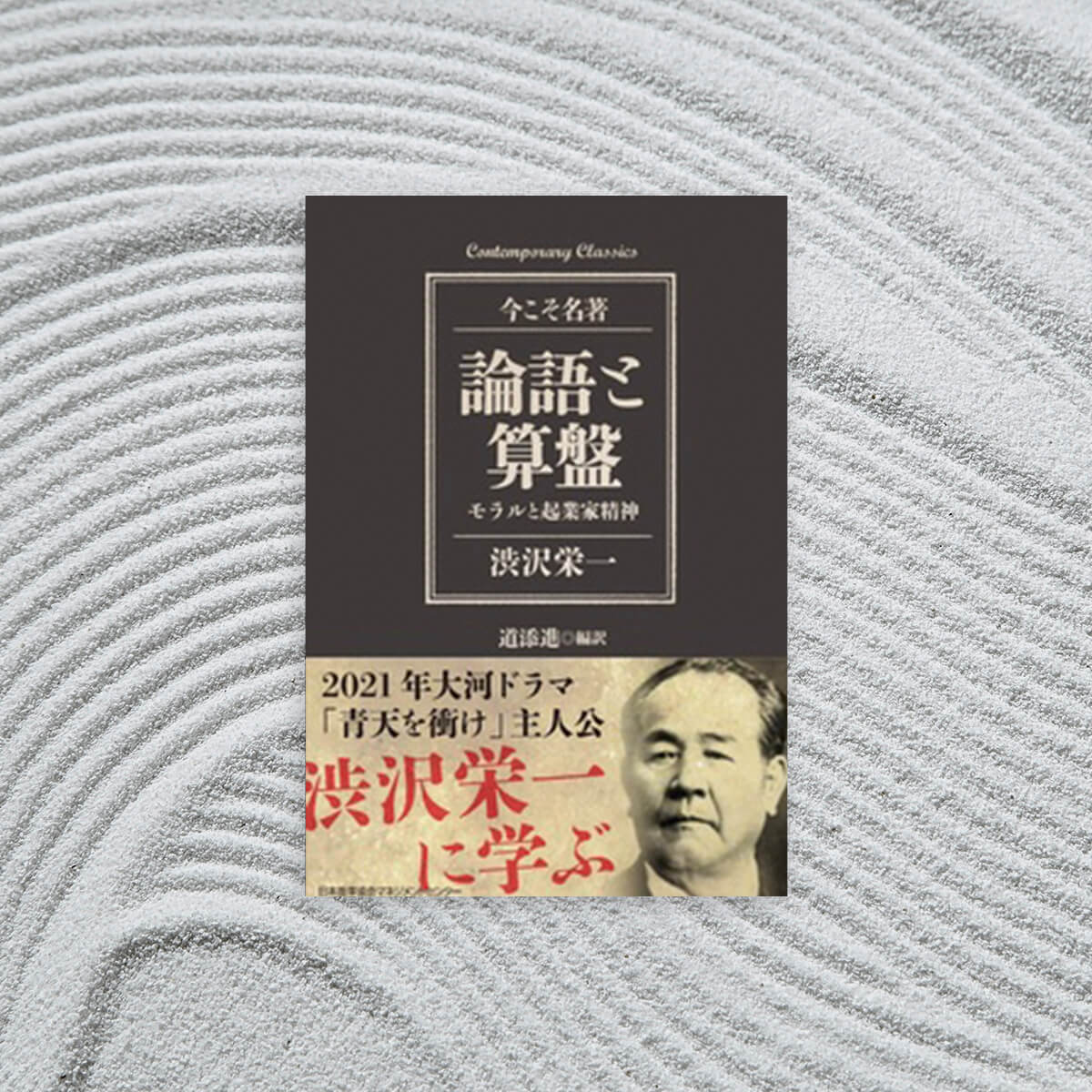
The Analects and the Arithmetic: Morality and Entrepreneurship

The legacy of Nanshu Saigo: A noble spirit and broad-mindedness
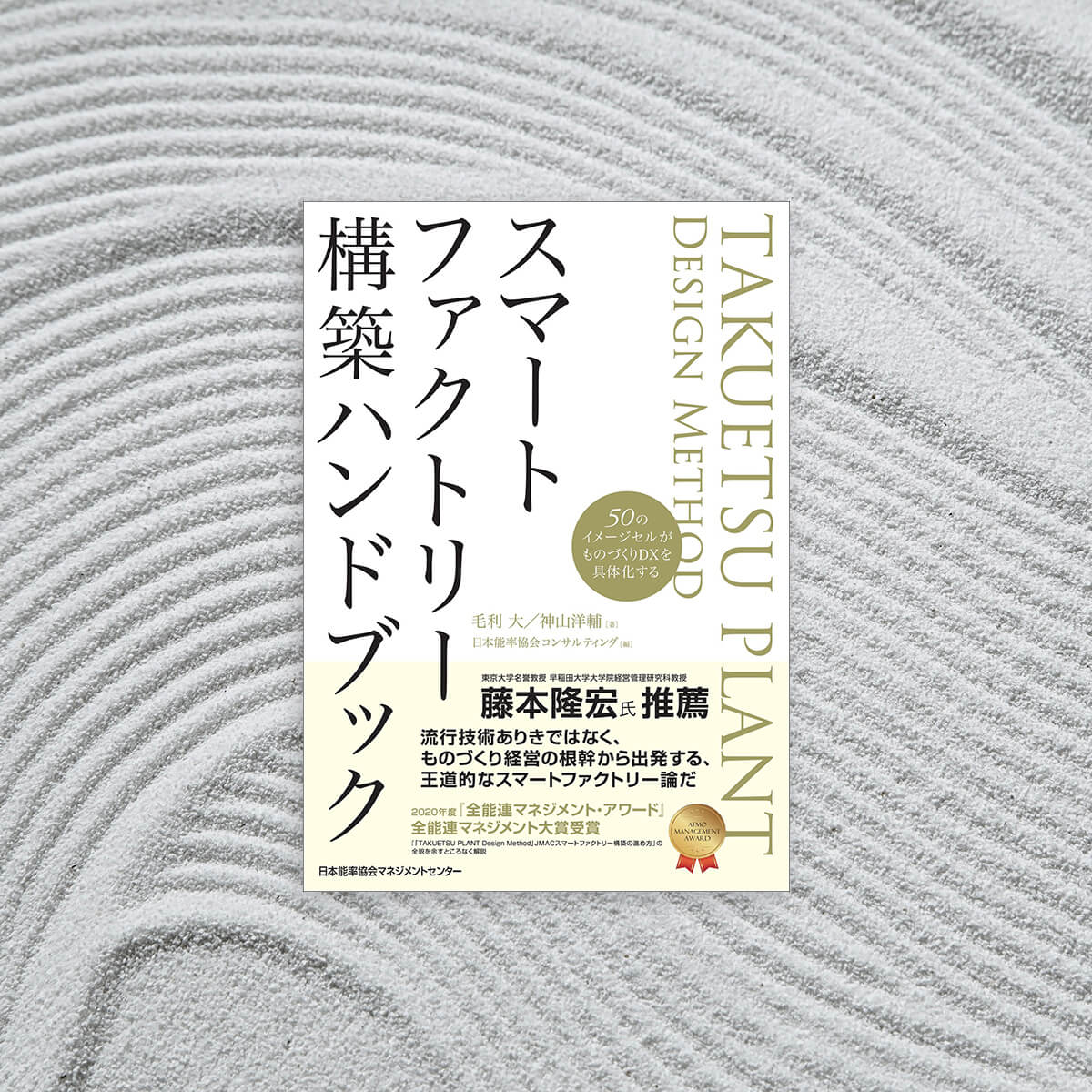
The Smart Factory Design Handbook

How a small taxi service company operating in a city in a mountainous area advanced customer satisfaction

A high level of attentiveness by a concierge of a prestigious hotel who wins the hearts of guests

The job of designing a train

Why do successful people in business listen to Rakugo?

Takarazuka style: the basic manners of beautiful people

The Wisdom of Zen

ONE TEAM: Learn from the Japan national rugby team how to create the strongest organization

The Analects and the Arithmetic: Morality and Entrepreneurship

The legacy of Nanshu Saigo: A noble spirit and broad-mindedness

The Smart Factory Design Handbook

Basics of Monozukuri On-site, Kaizen, Quality Management, and Health and Safety
Every parent wants their child to be happy—to bring out their child’s abilities and help them succeed and flourish in life.
Of course, this is easier said than done. Children and parents do not always see eye-to-eye. Fortunately, JMAM’s books for parents offer insight into what children are thinking and how to help them find their way in life. With understanding and mutual respect, families can grow together happily.
We also publish educational books for children to help nurture their innate talent and intelligence. Our books use manga and cute characters to speak directly to children in language they understand. They also hold deeper messages for children about broadening your horizons and thinking for yourself.

I Did It! Let's Eat!
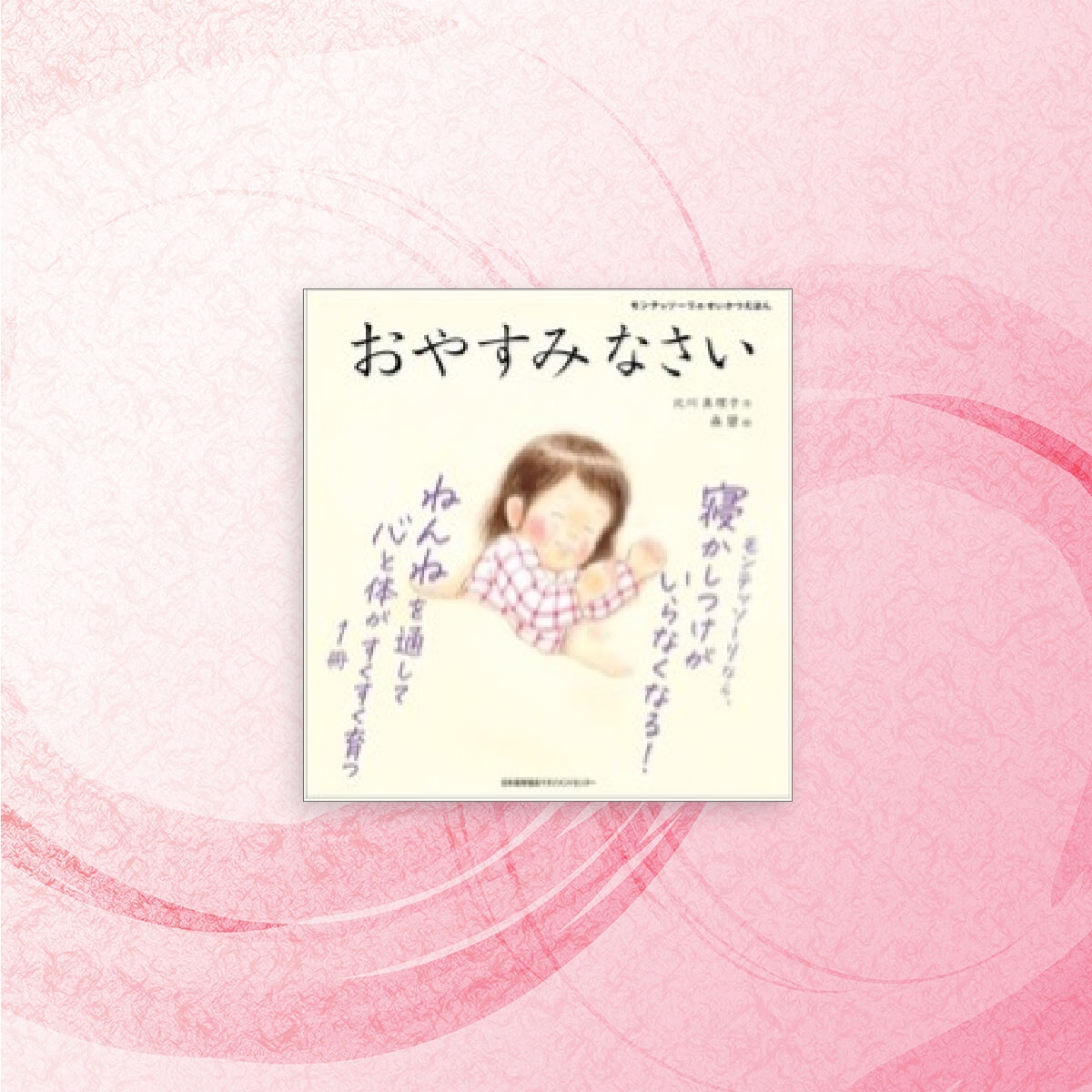
I Did It! Good Night!
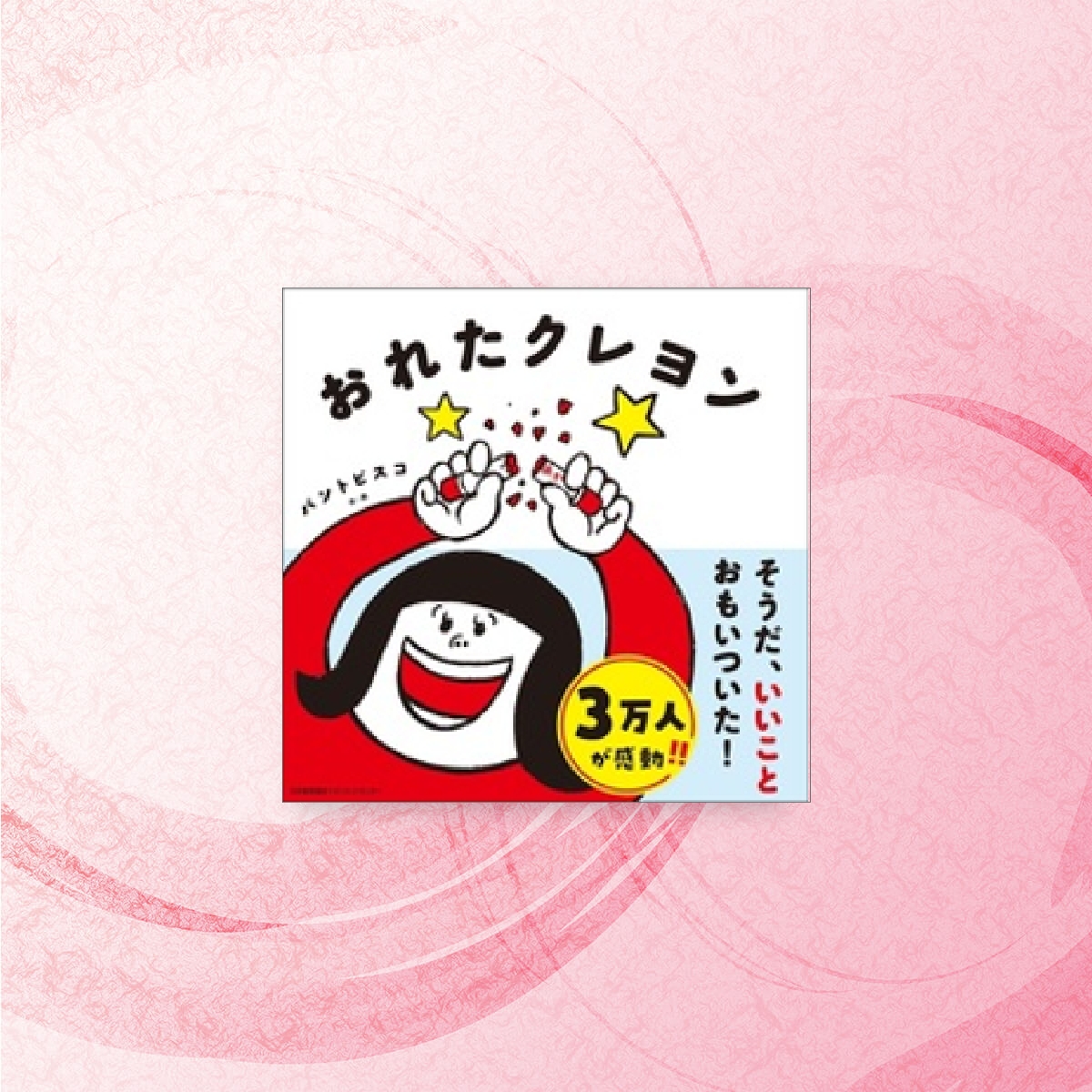
A Broken Crayon

Did boys come from another planet?The world's easiest way to understand sex education for your son
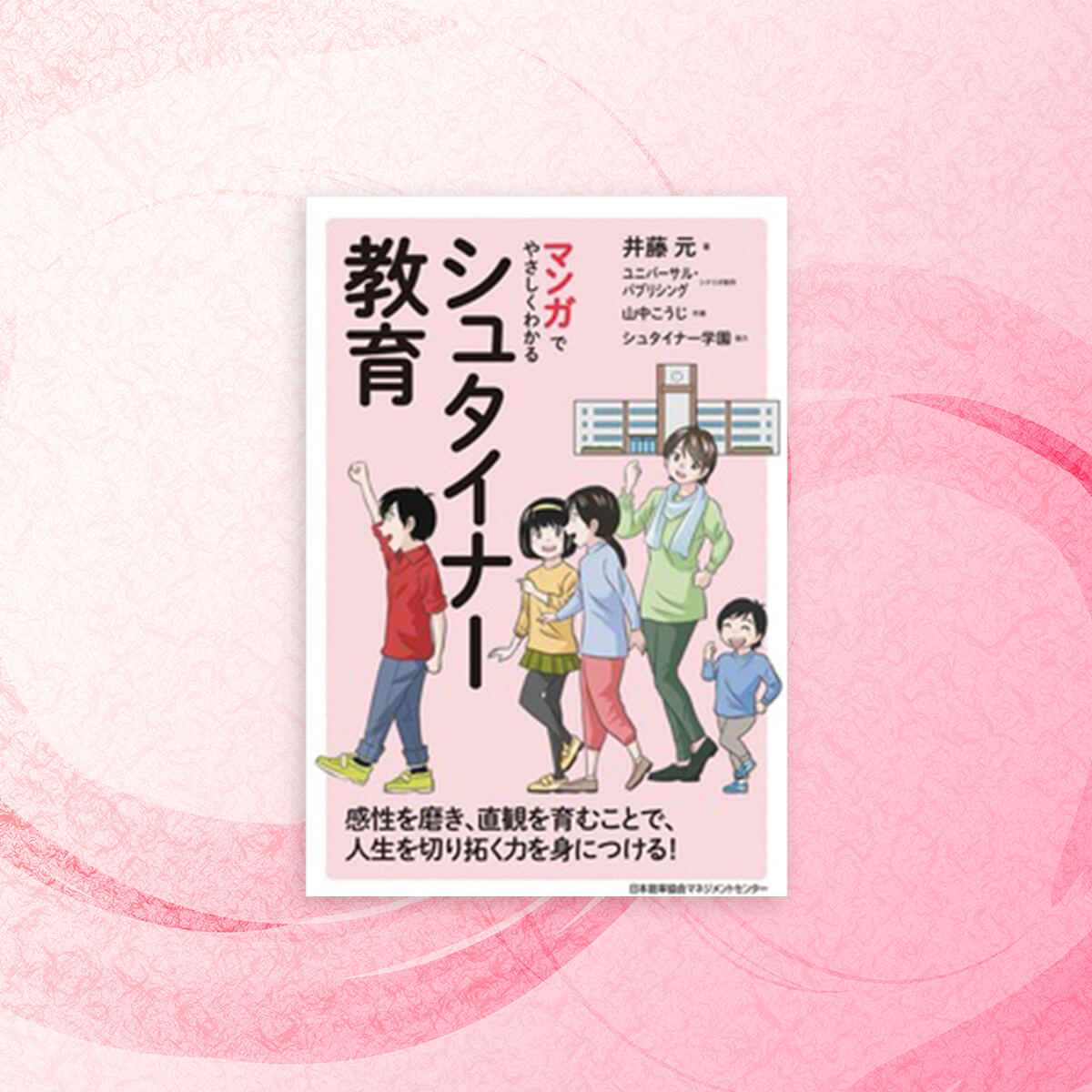
Easy reading through MangaSteiner Education Method
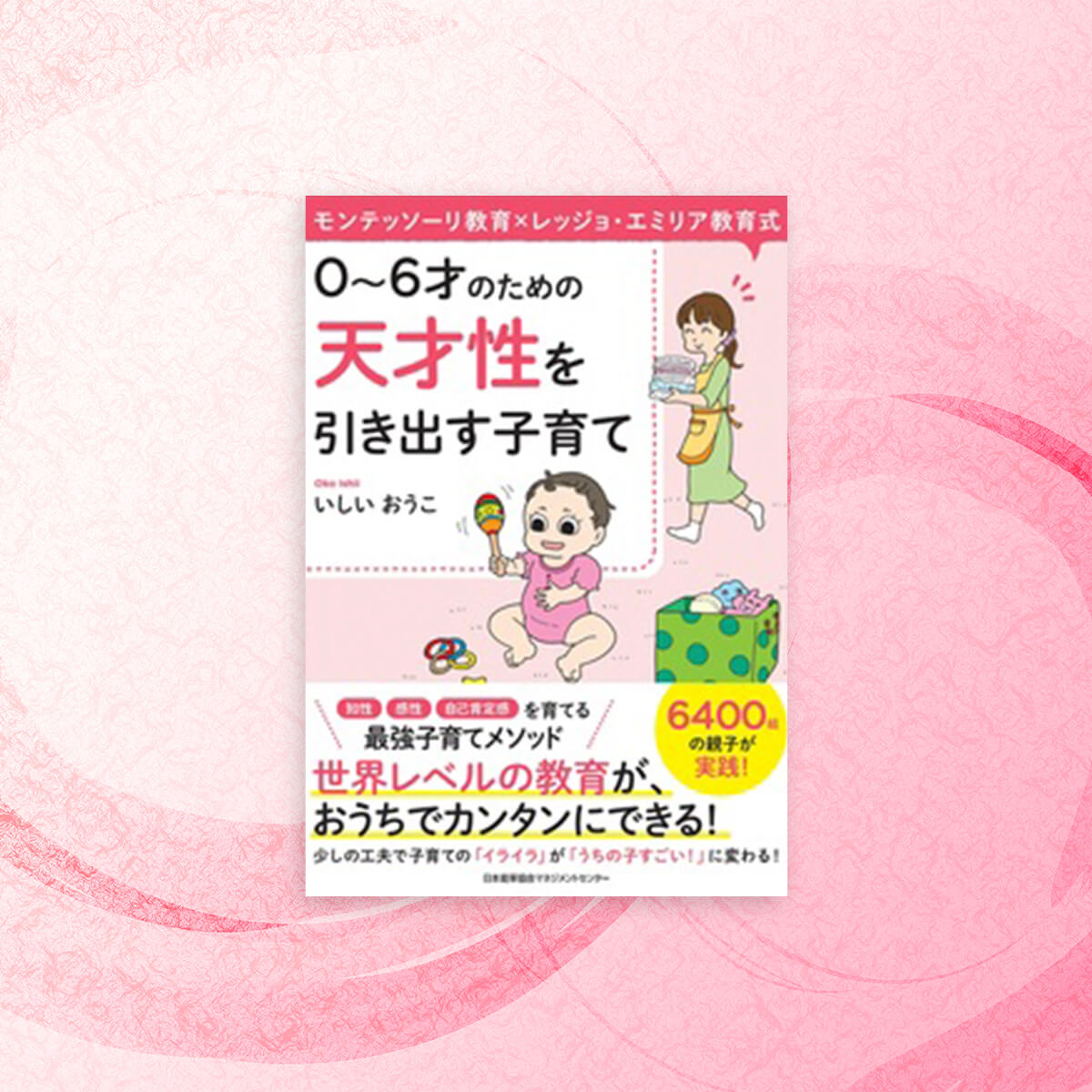
Raising a talented child
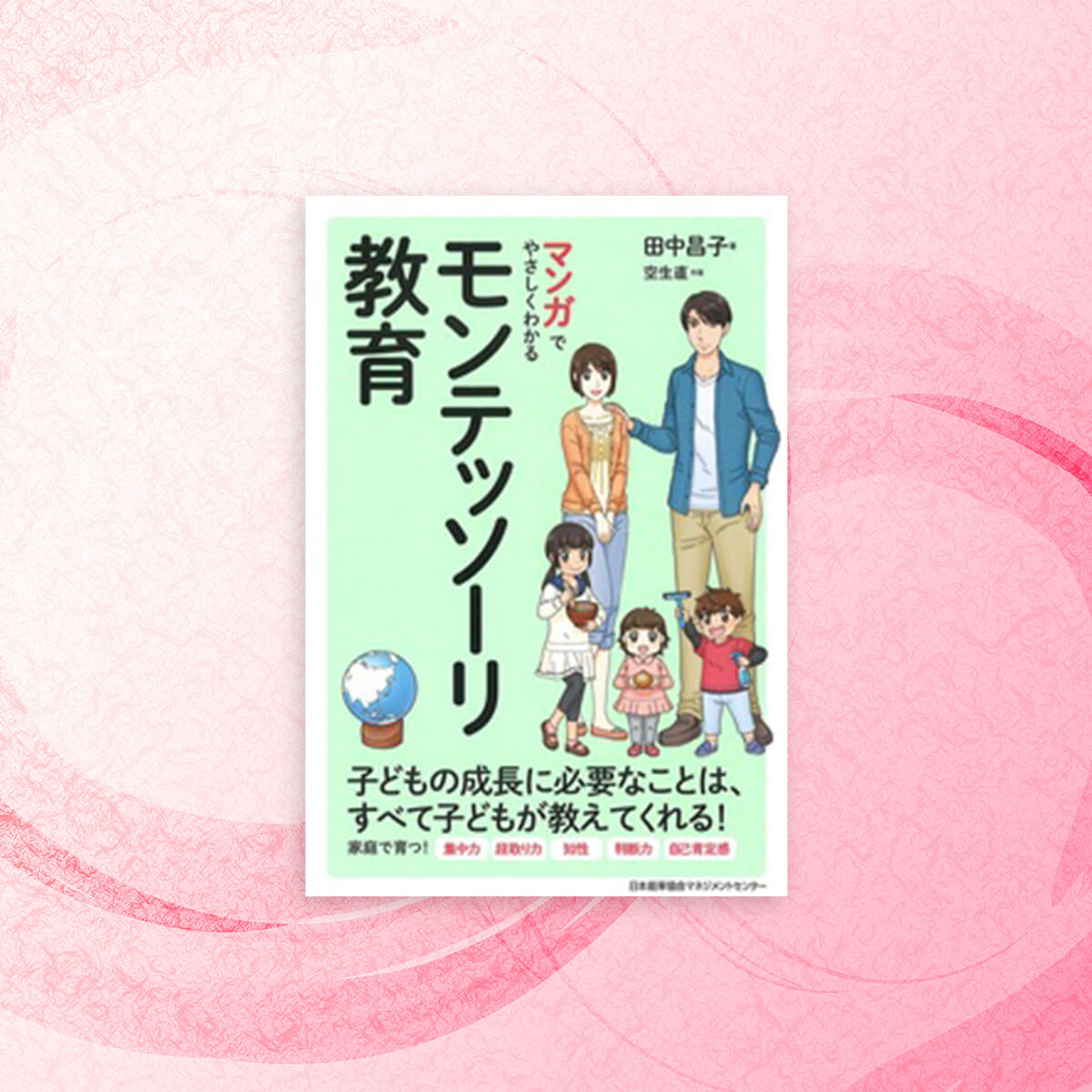
Easy reading through MangaMontessori Method
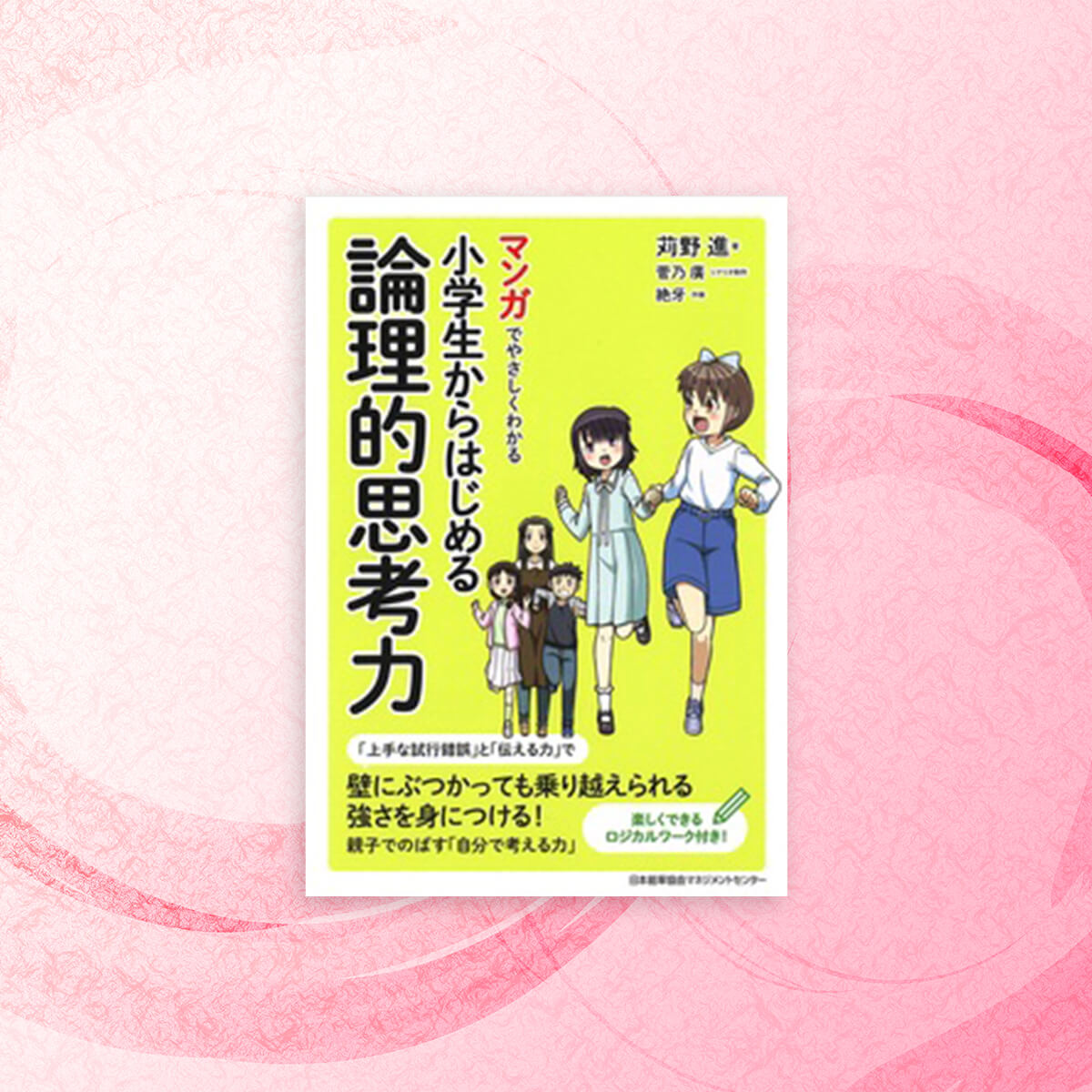
Easy reading through MangaLogical Thinking from Young Ages
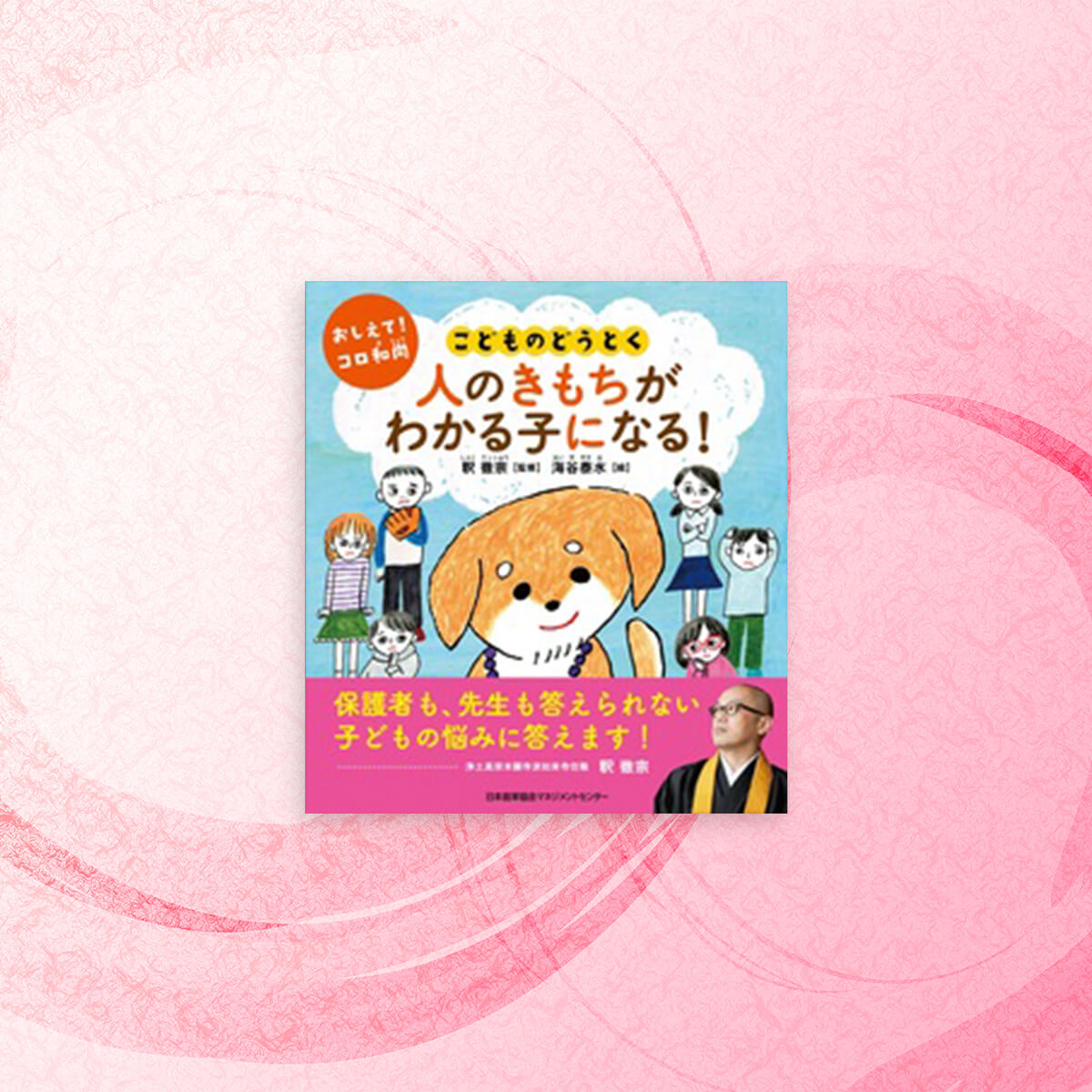
Teach me, Koro! Children’s morality: How to be a child who understands the feelings of others
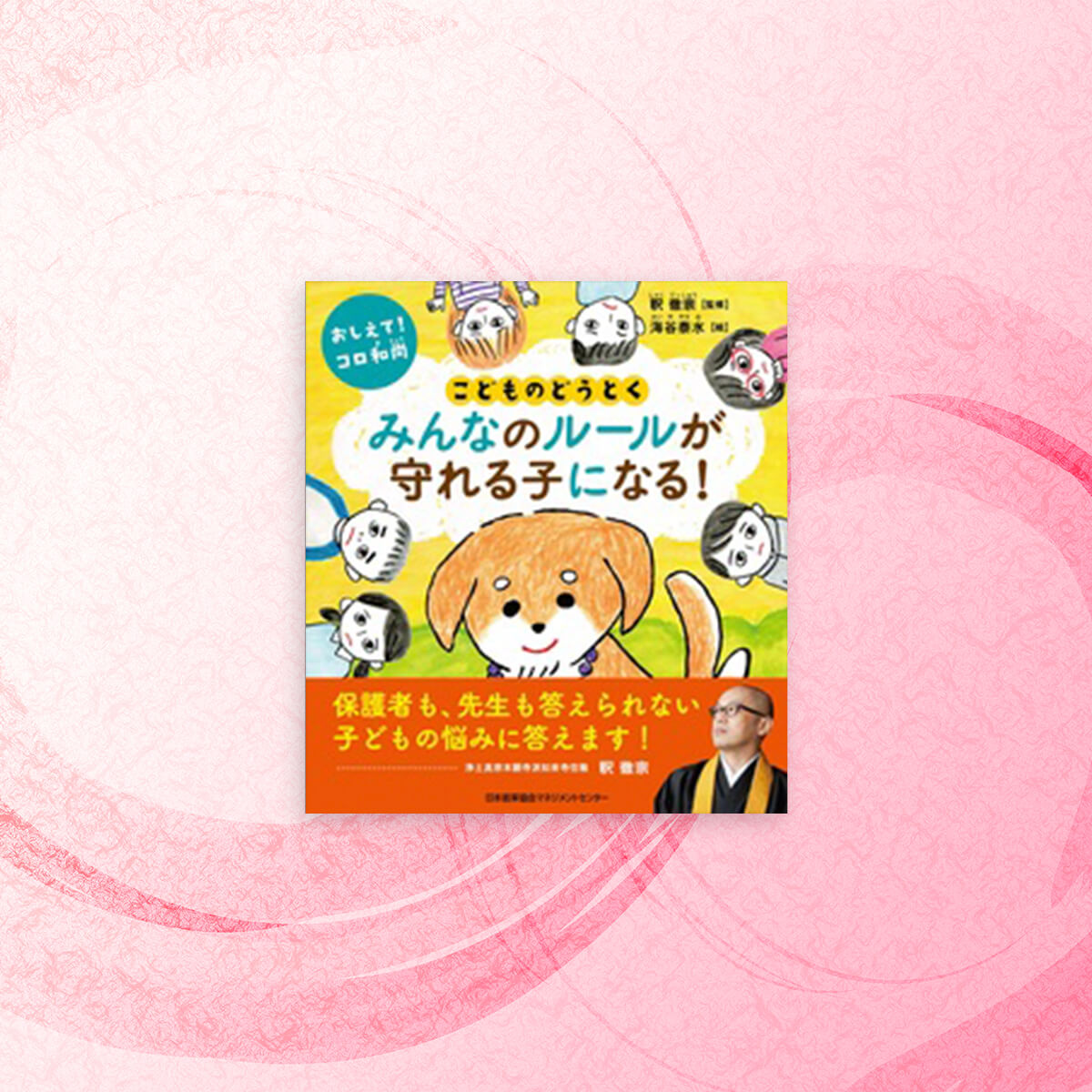
Teach me, Koro! Children’s morality: Become a kid who can follow rules!

I Did It! Let's Eat!

I Did It! Good Night!

A Broken Crayon

The world's easiest way to understand sex education for your son

Steiner Education Method

Raising a talented child

Montessori Method

Logical Thinking from Young Ages

Teach me, Koro! Children’s morality: How to be a child who understands the feelings of others

Teach me, Koro! Children’s morality: Become a kid who can follow rules!
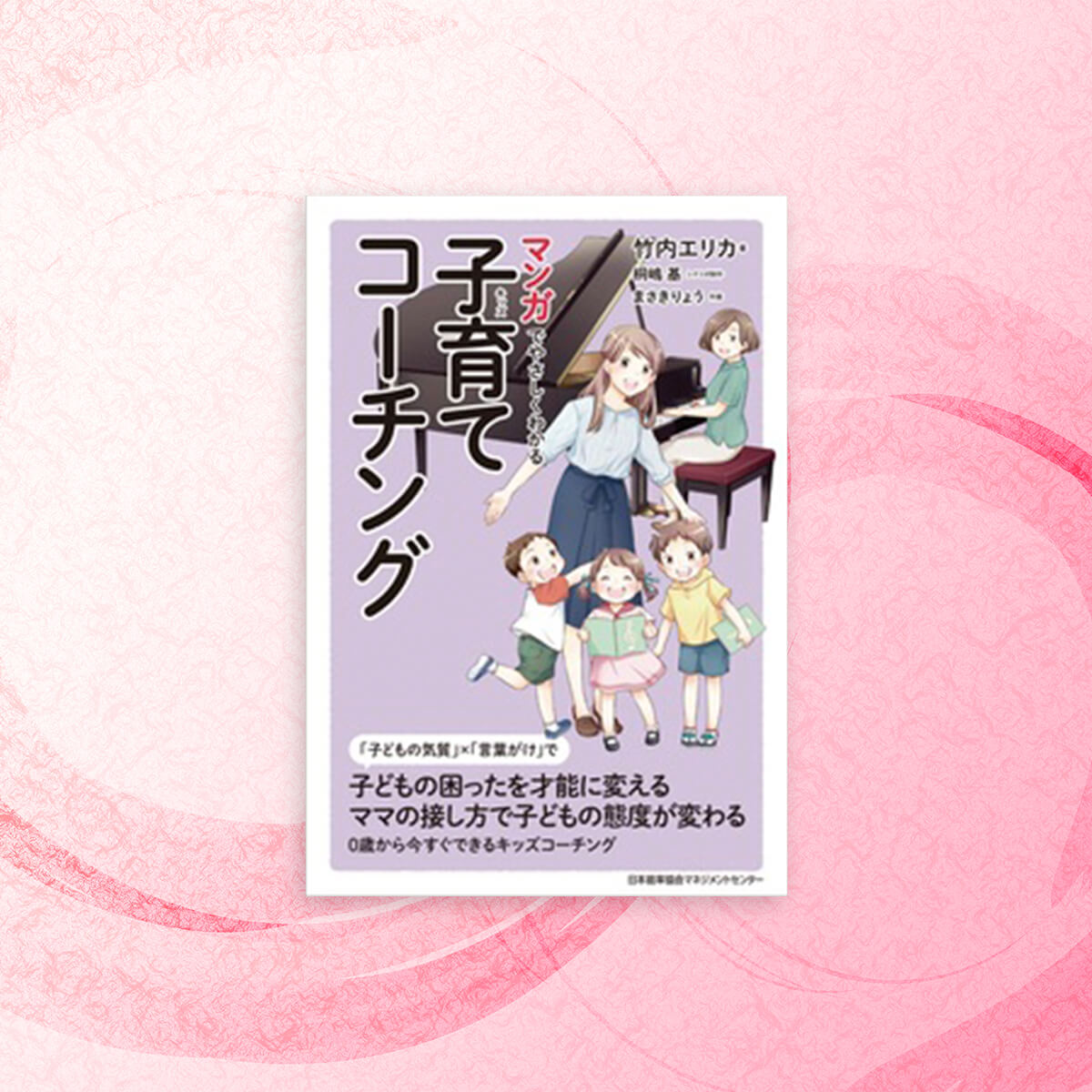
Child Coaching
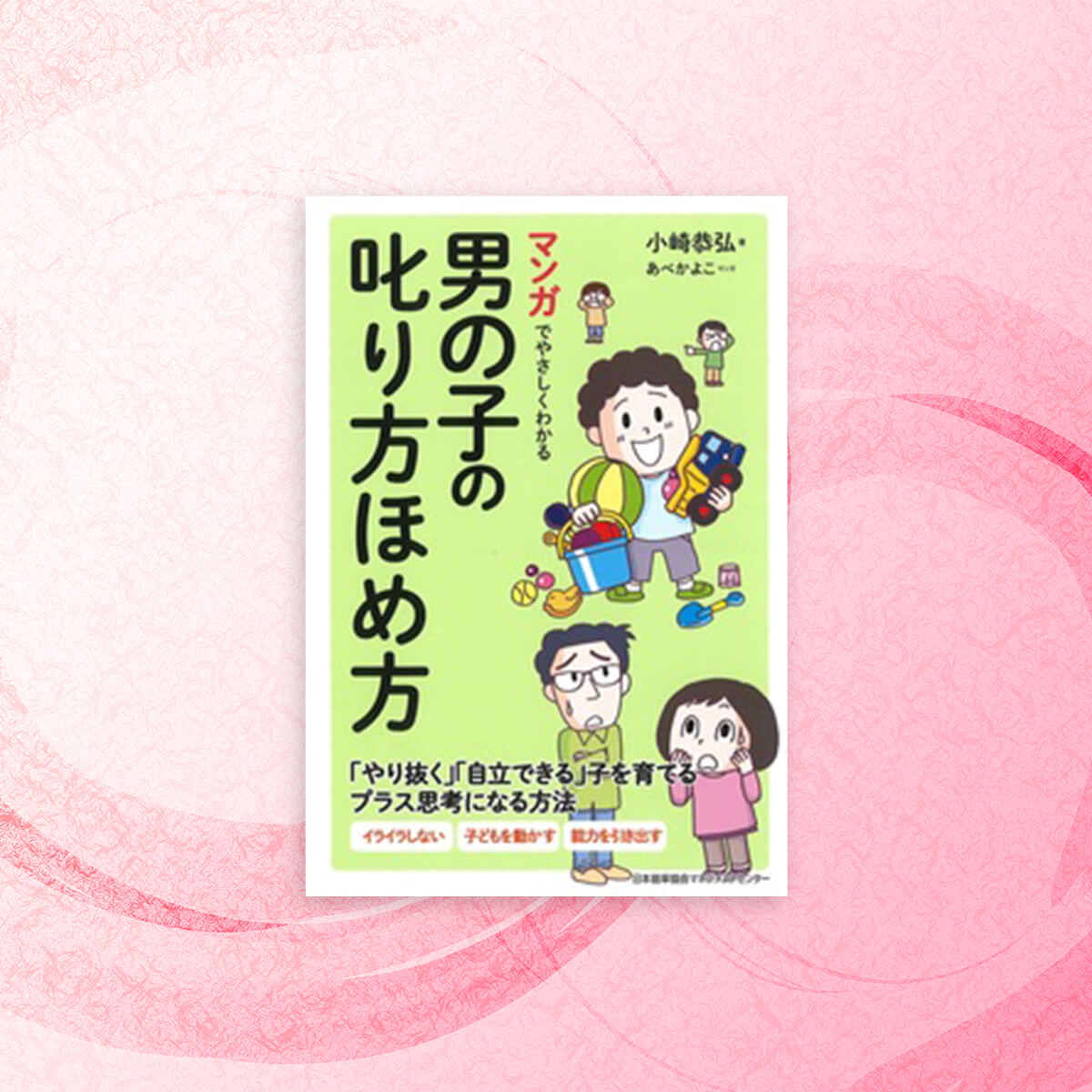
Raising Boys
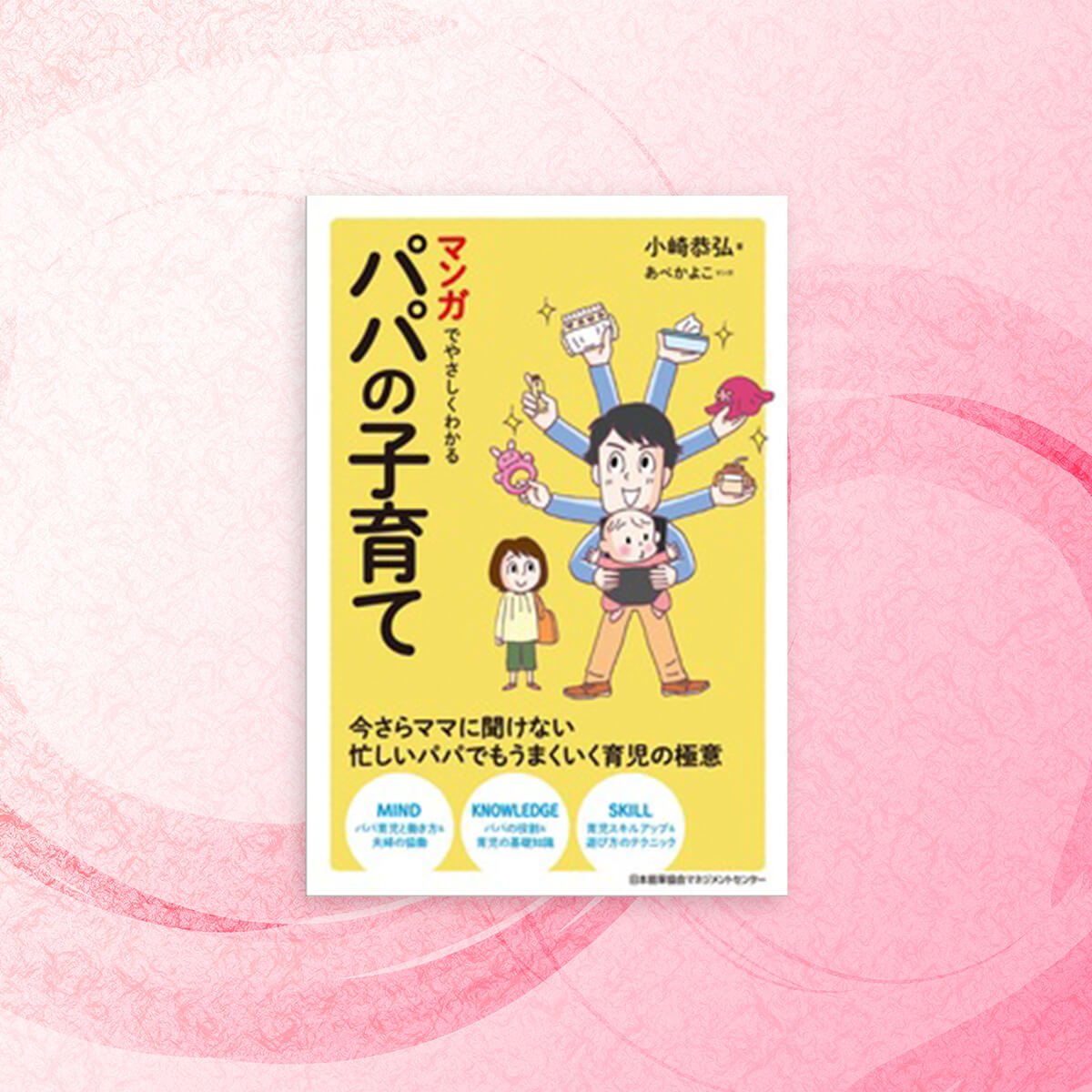
Parenting for Dads
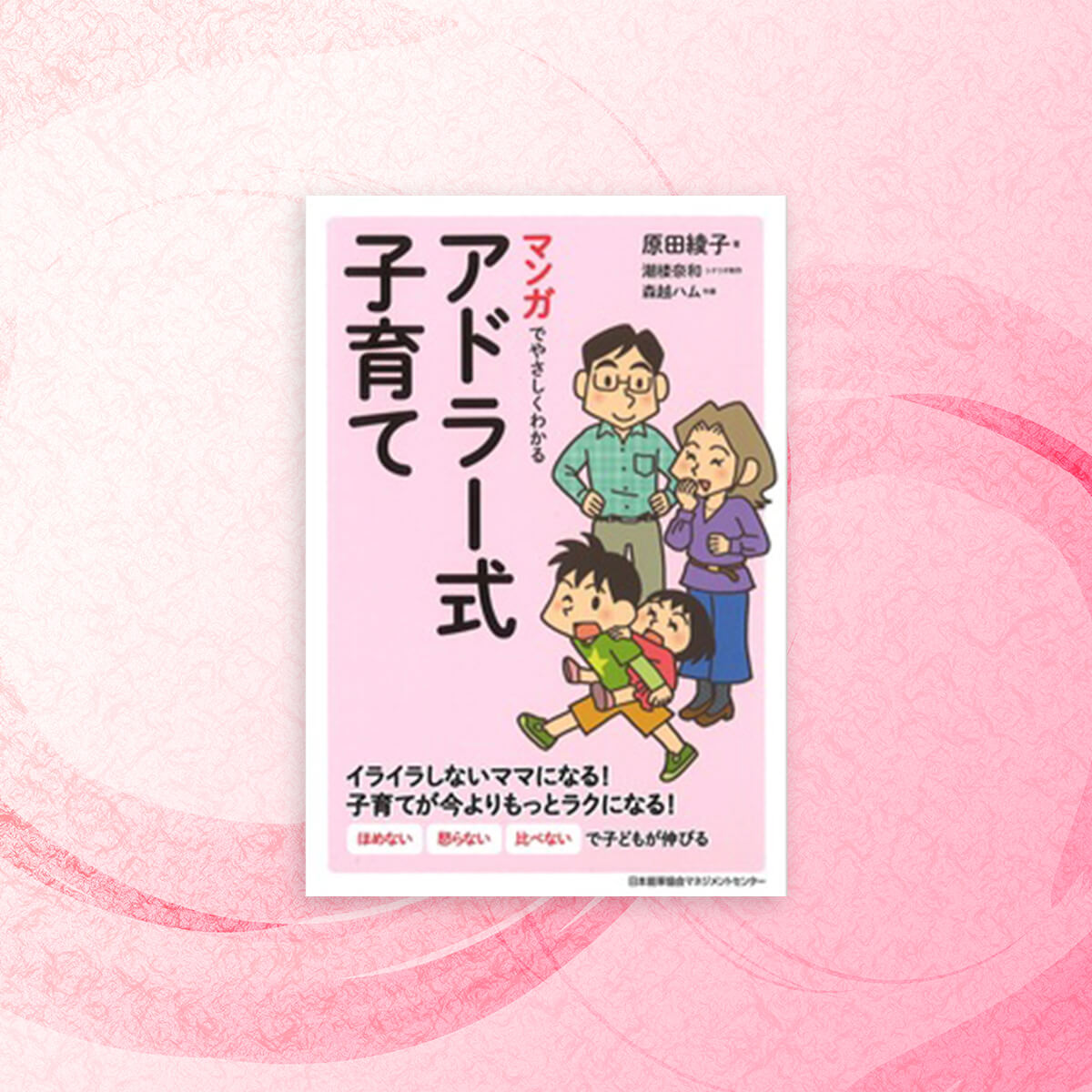
Adlerian Education
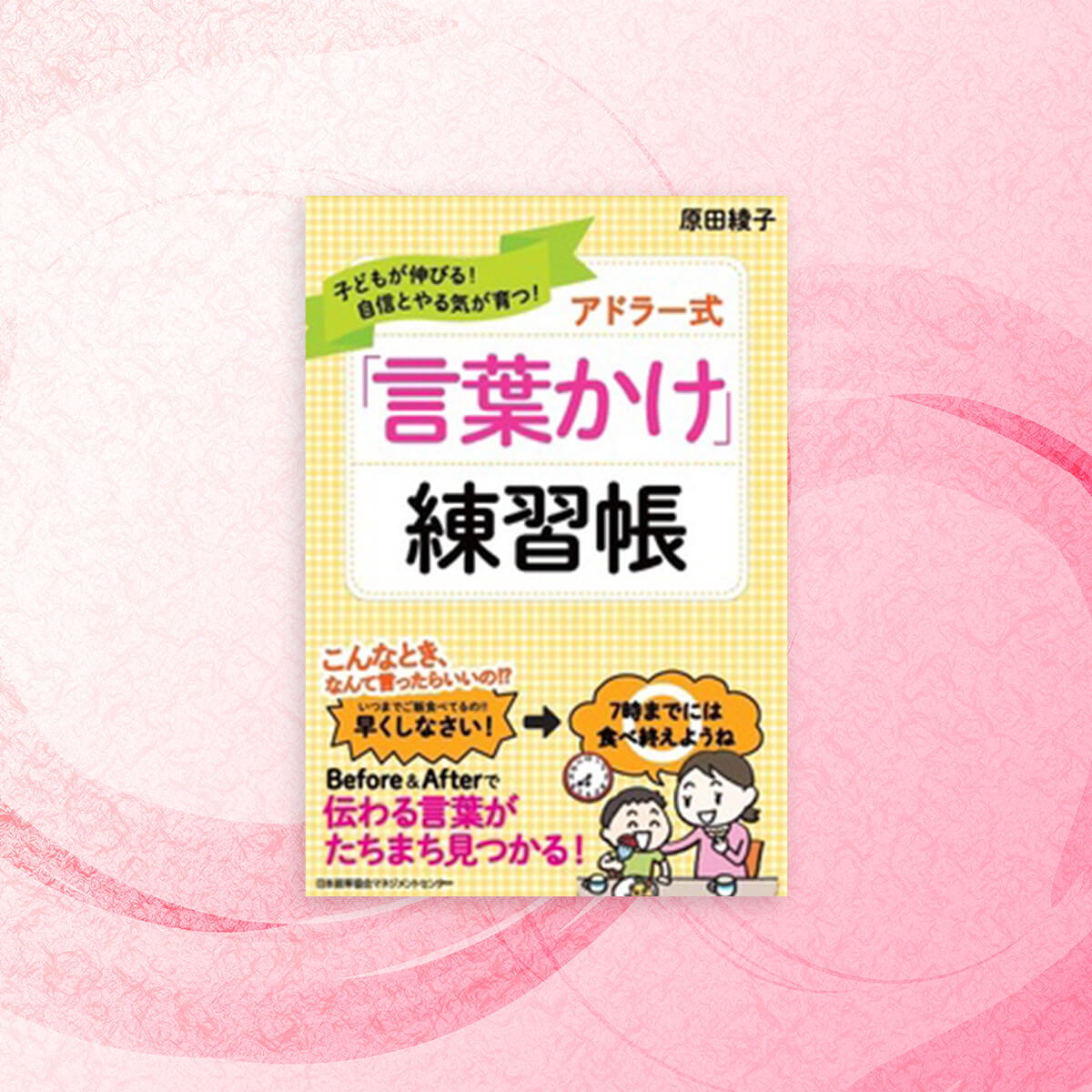
Adler's way of talking to your child

How to study by the age of 12
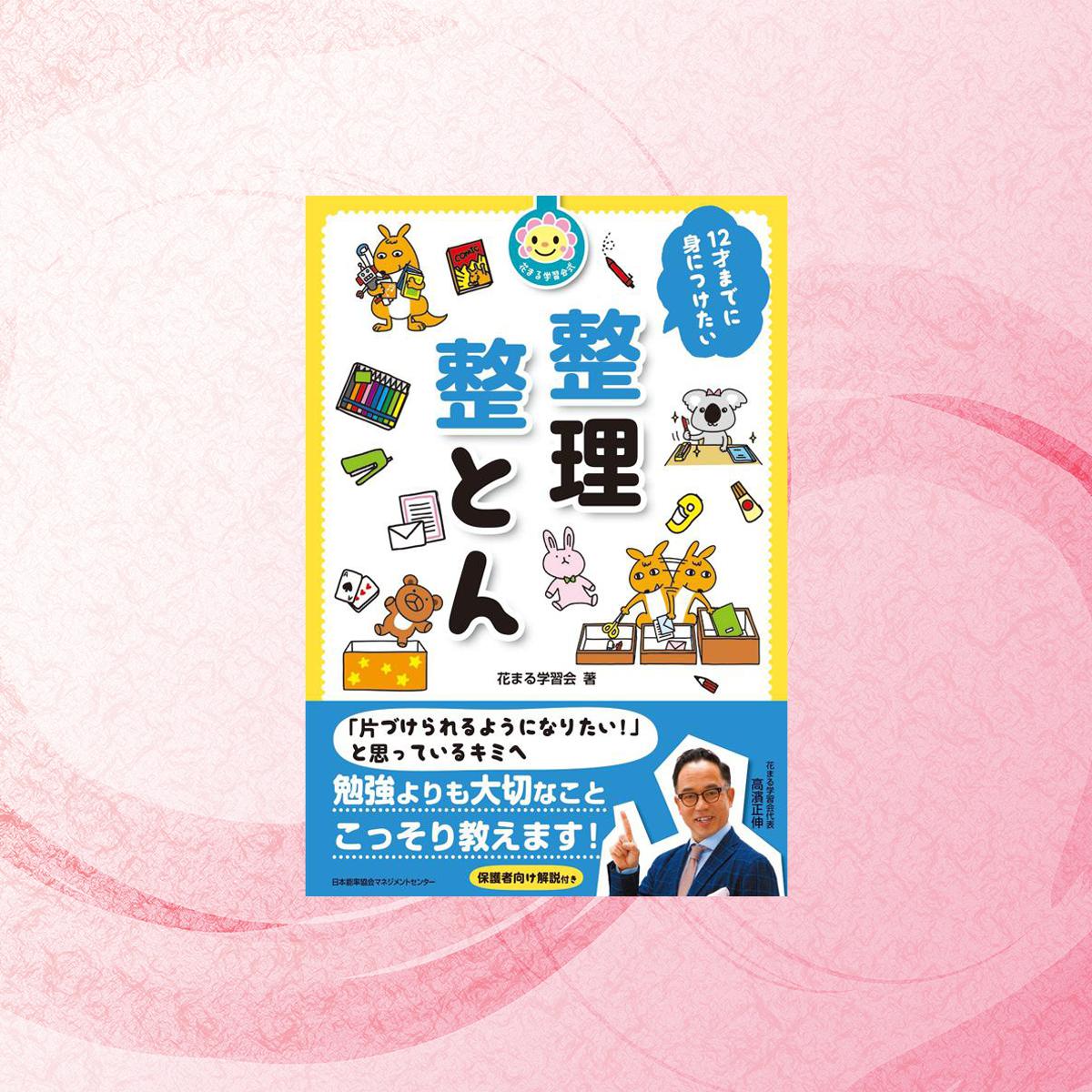
How to be organized by the age of 12
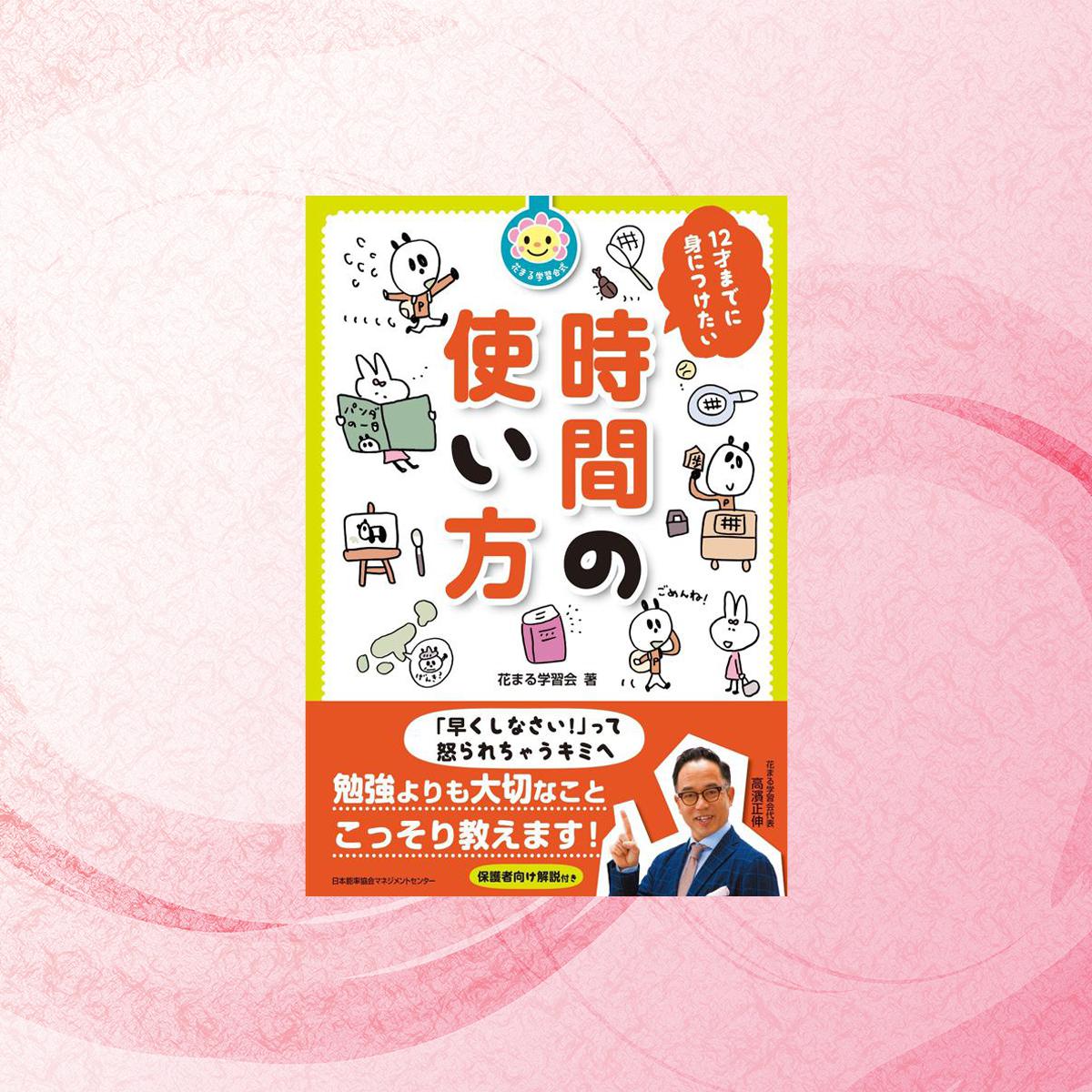
How to manage time by the age of 12
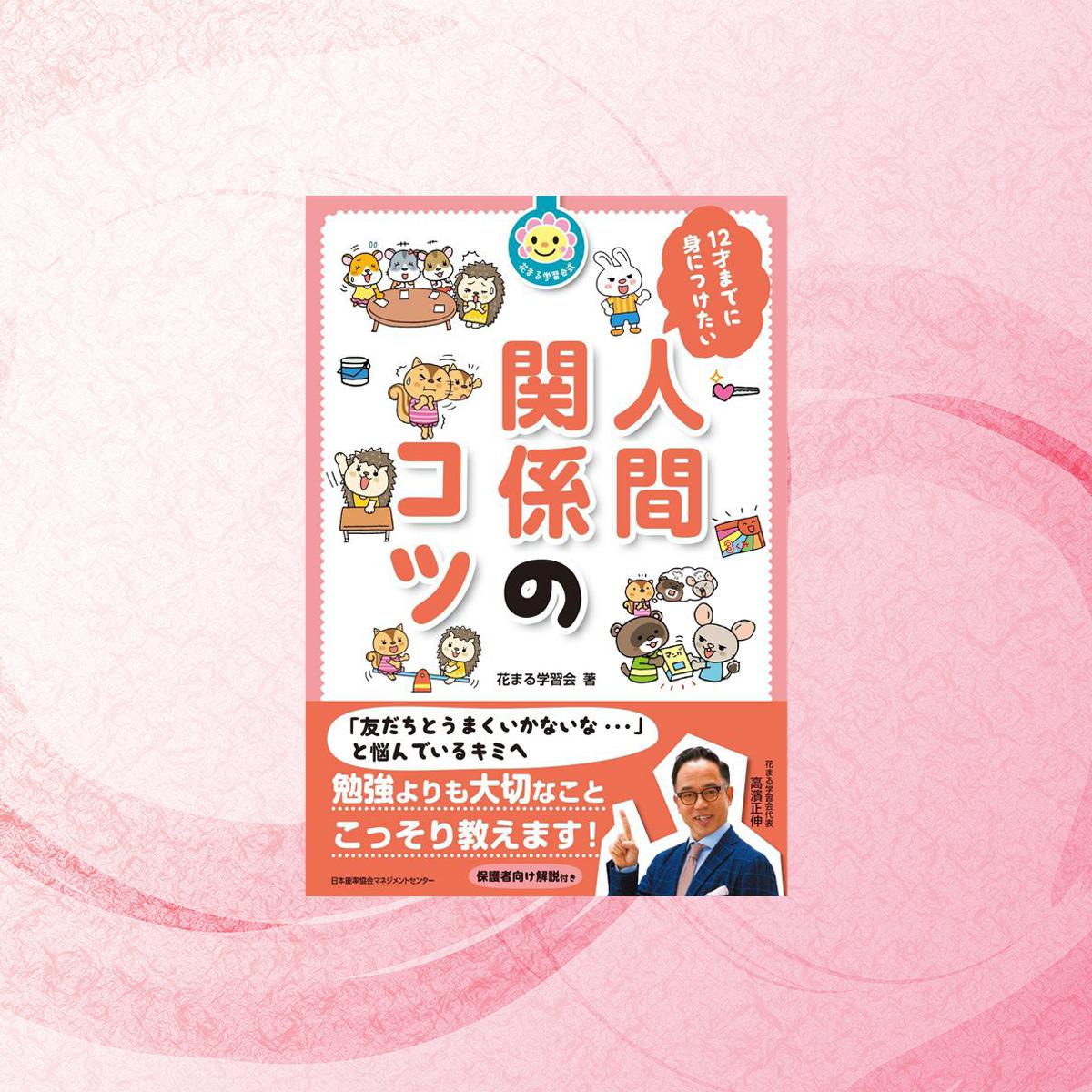
How to get along with others by the age of 12
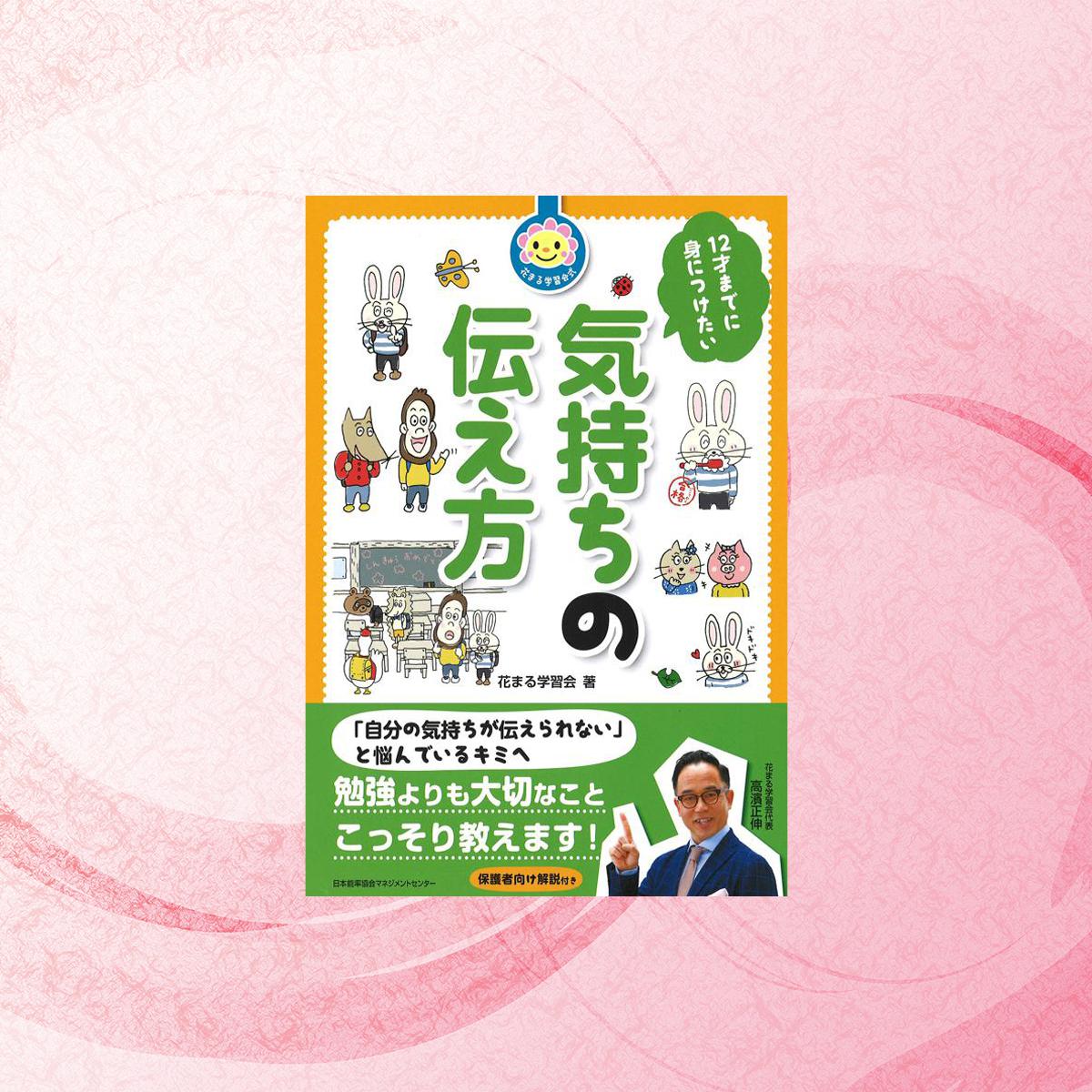
How to express your feelings by the age of 12
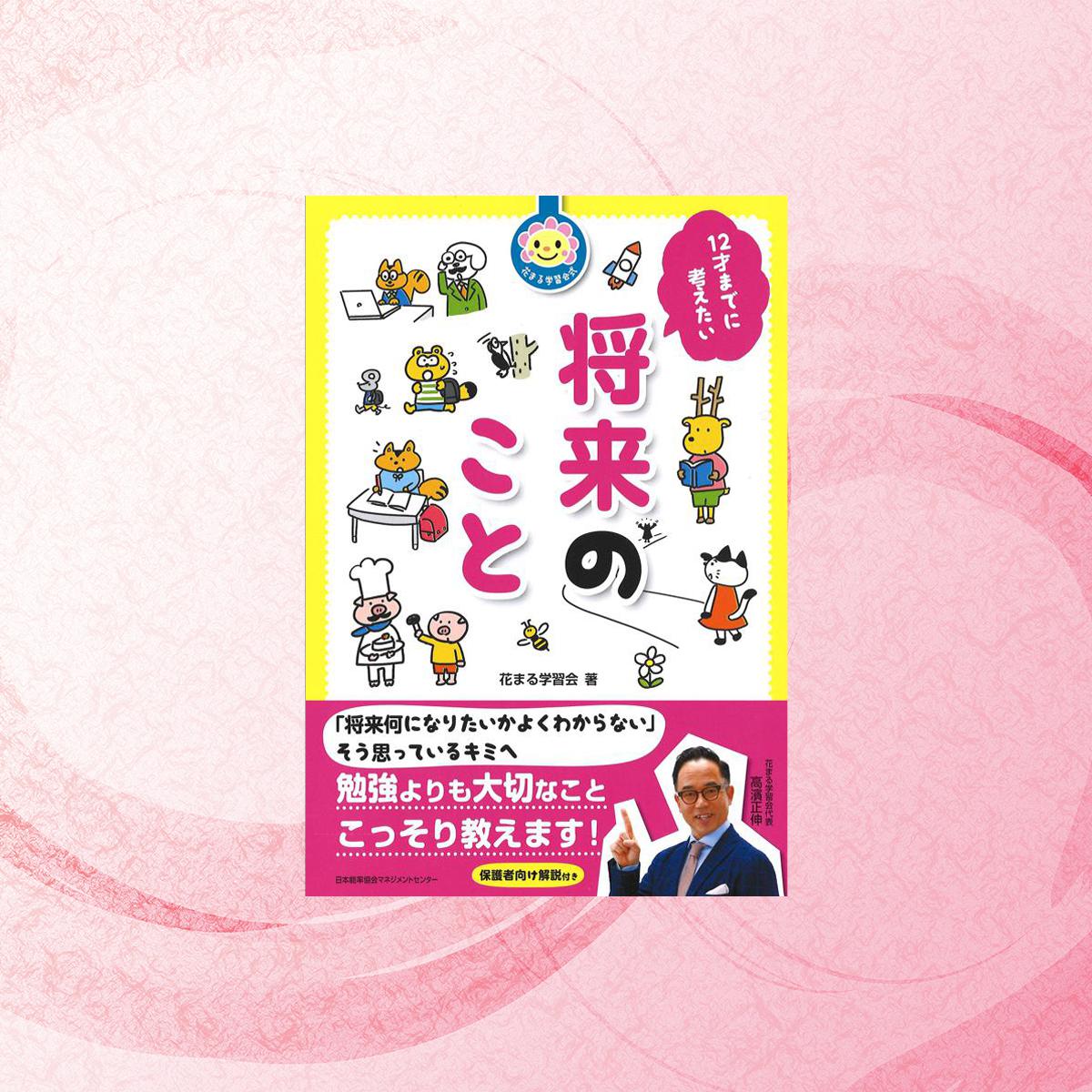
How to think about your future by the age of 12
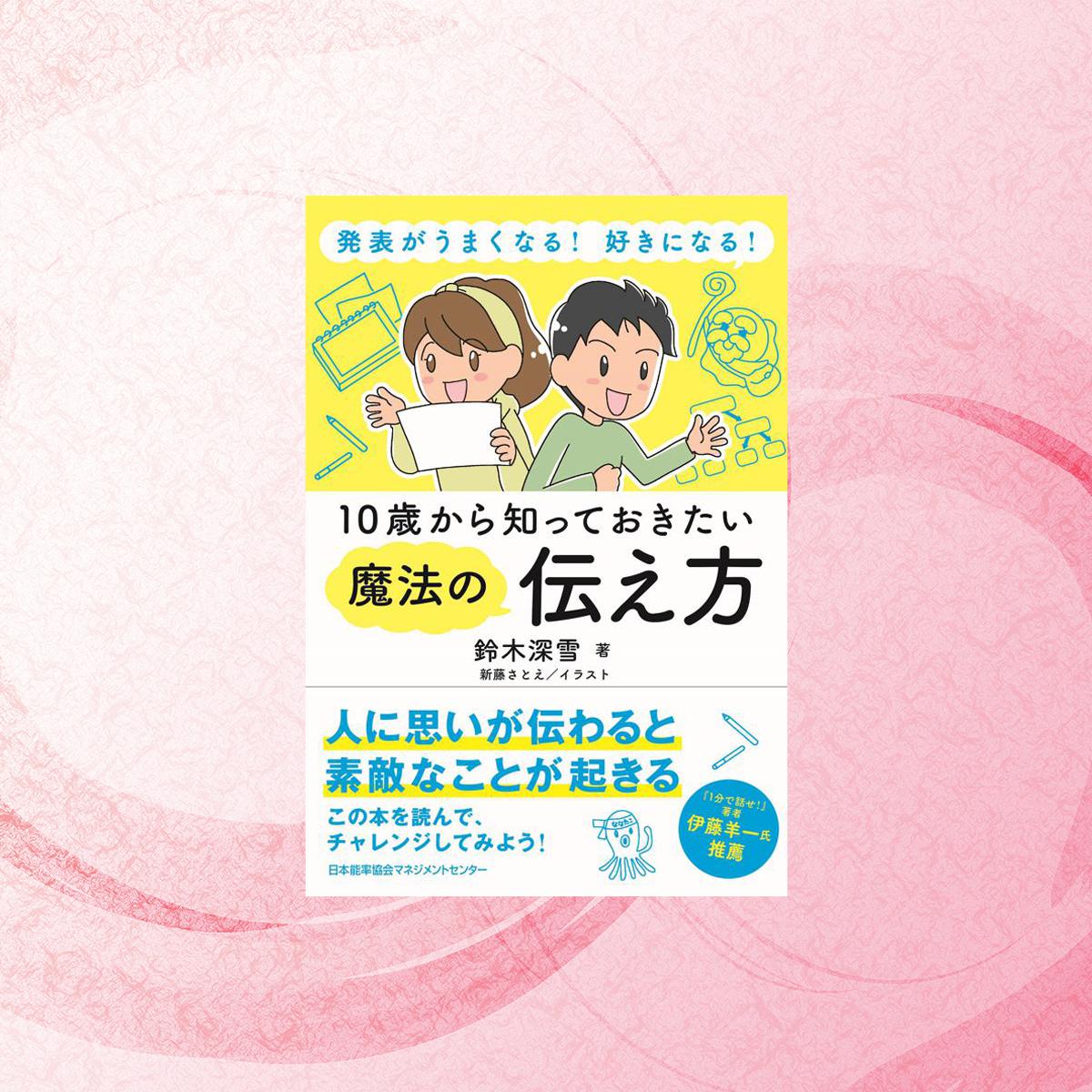
Magical communication with others by age 10
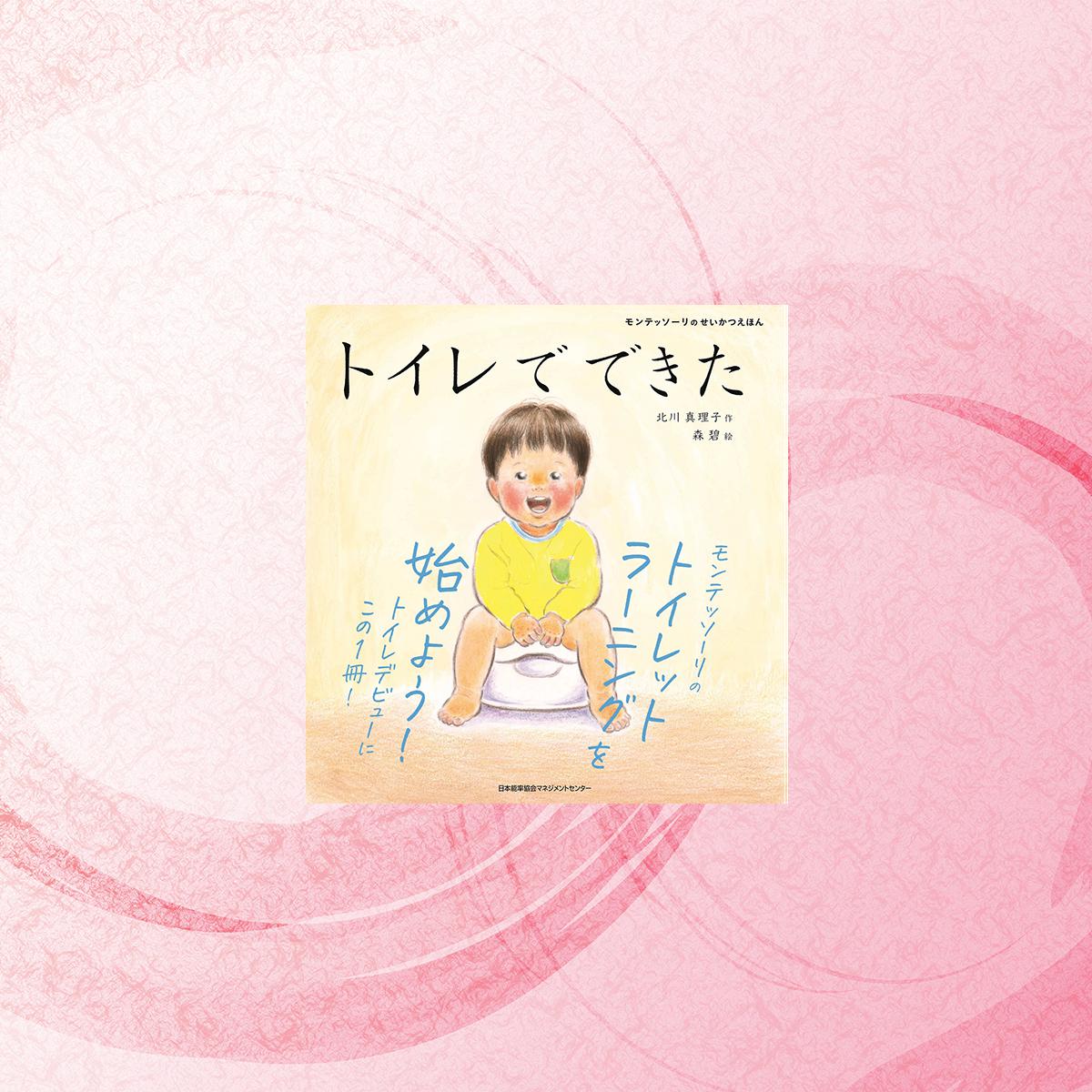
I Did It! Using the Toilet!
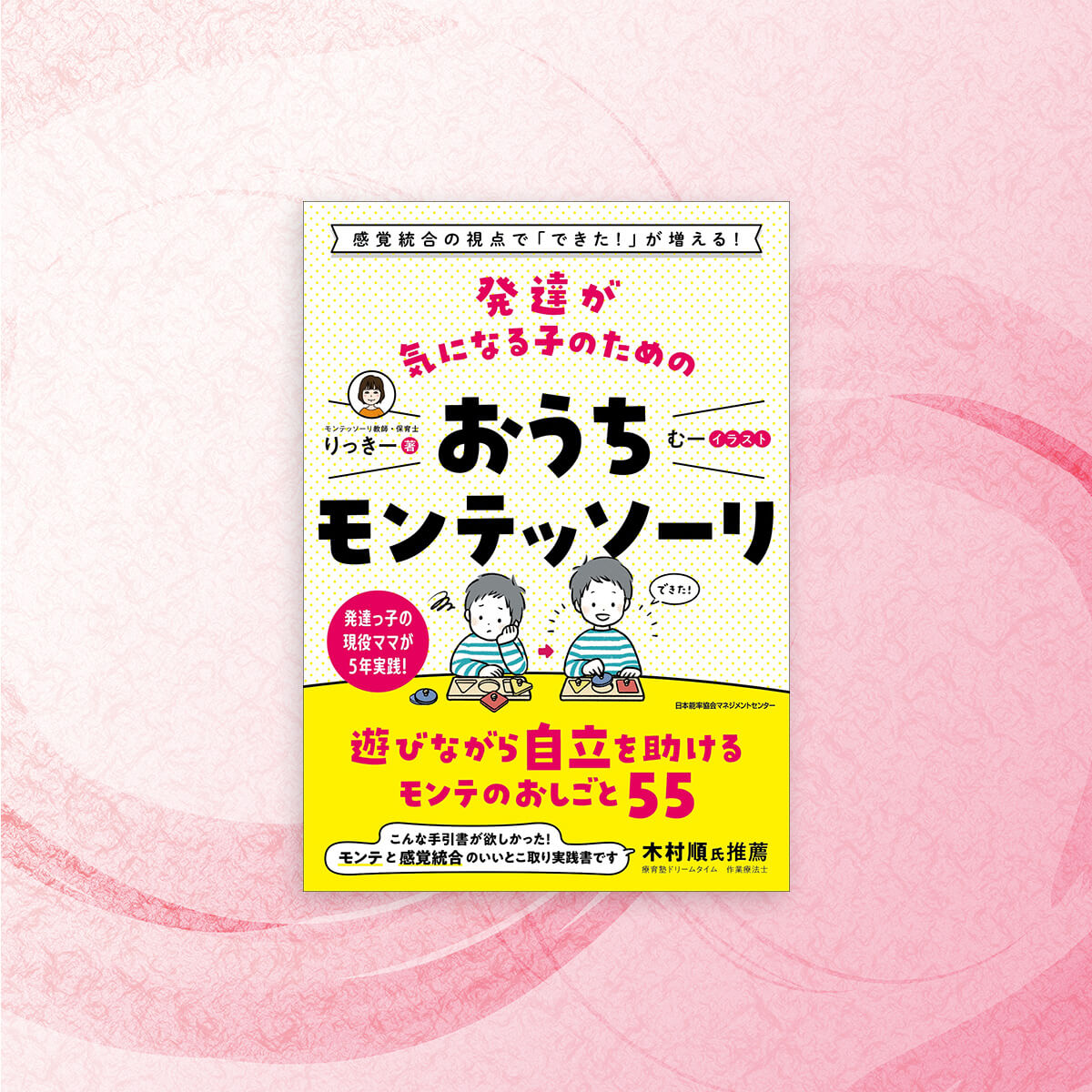
Montessori at Home for Children with ADHD
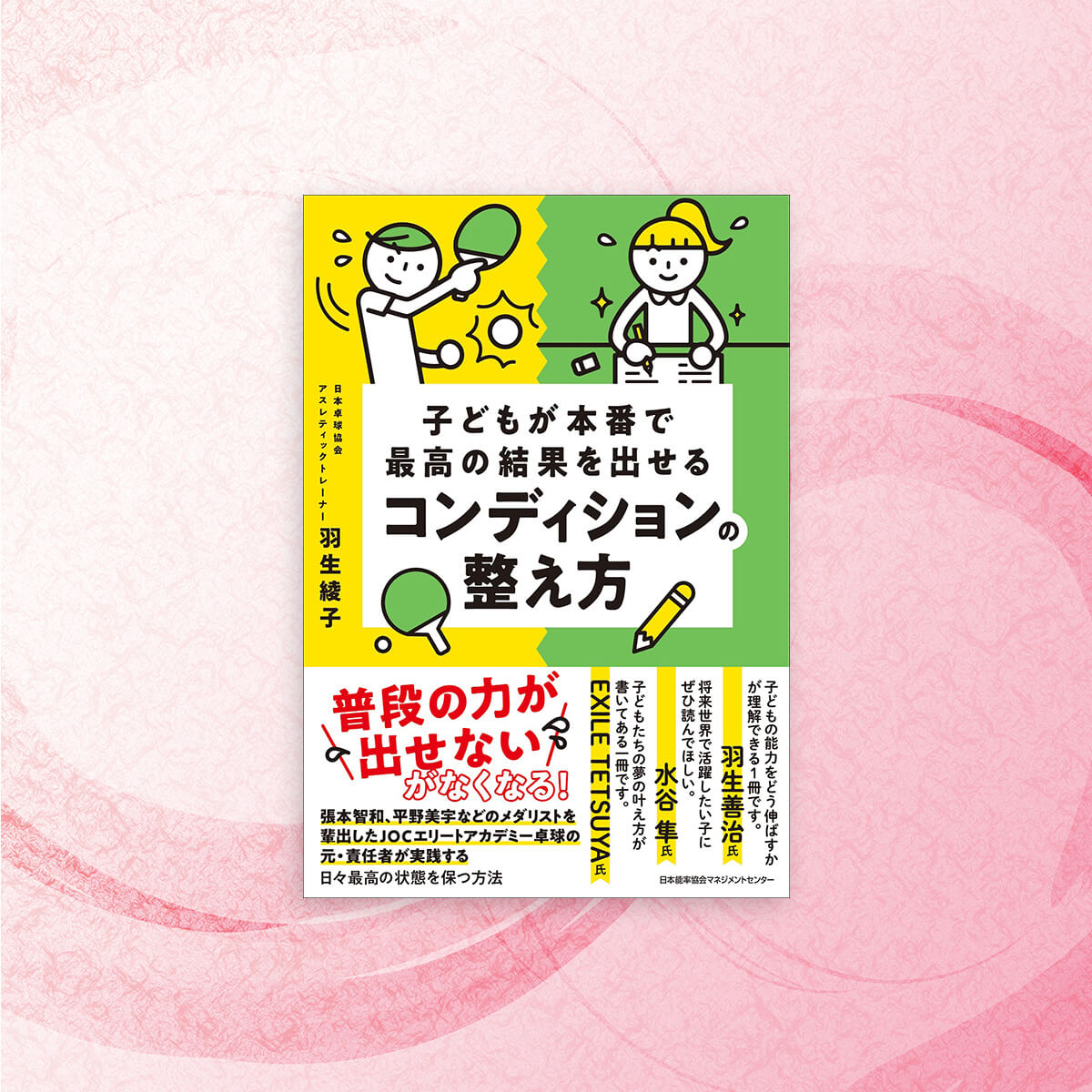
Peak Condition: Helping Your Child to Succeed Under Pressure
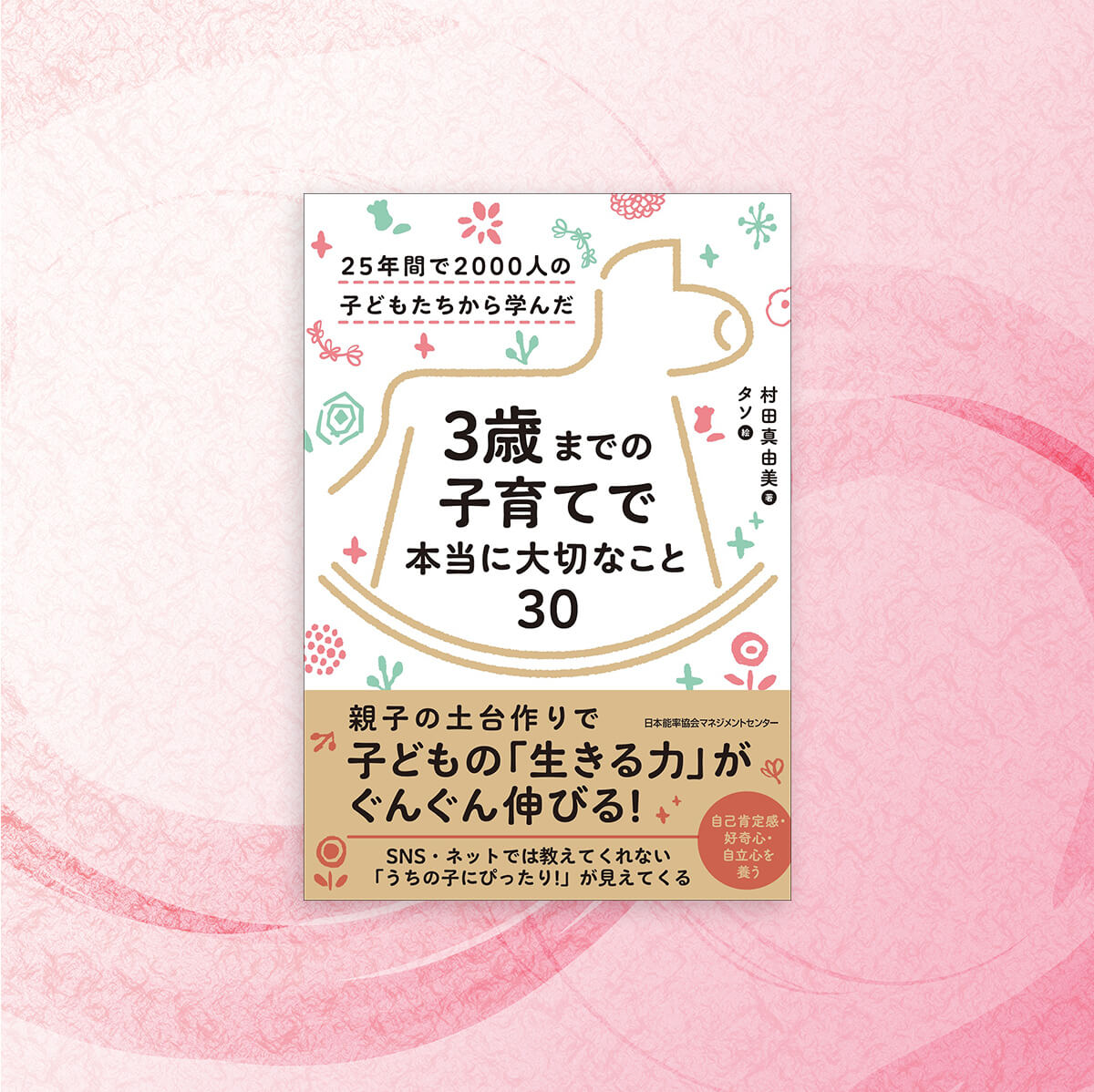
30 Important Lessons For Parents of Under-Threes
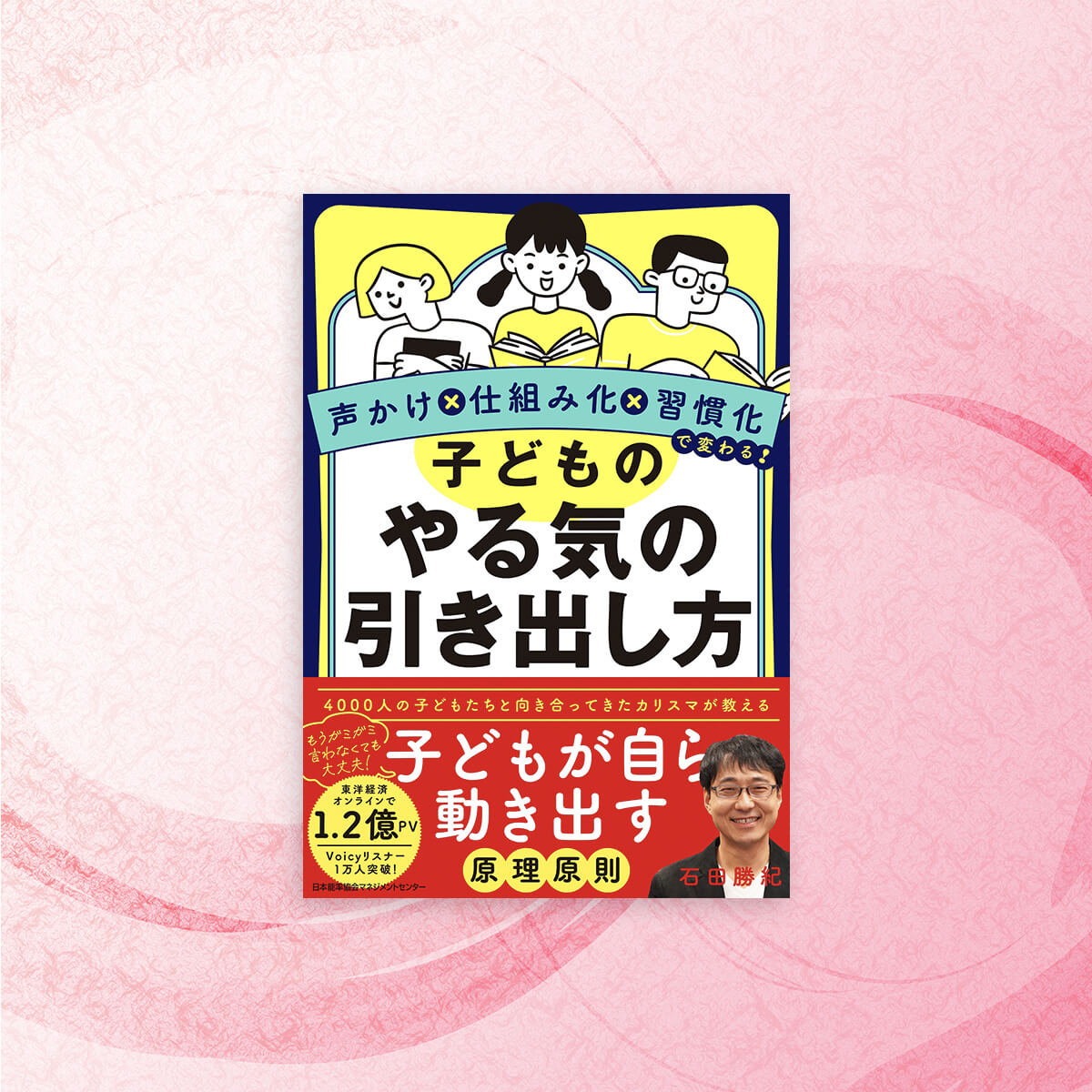
How to Motivate Your Kids
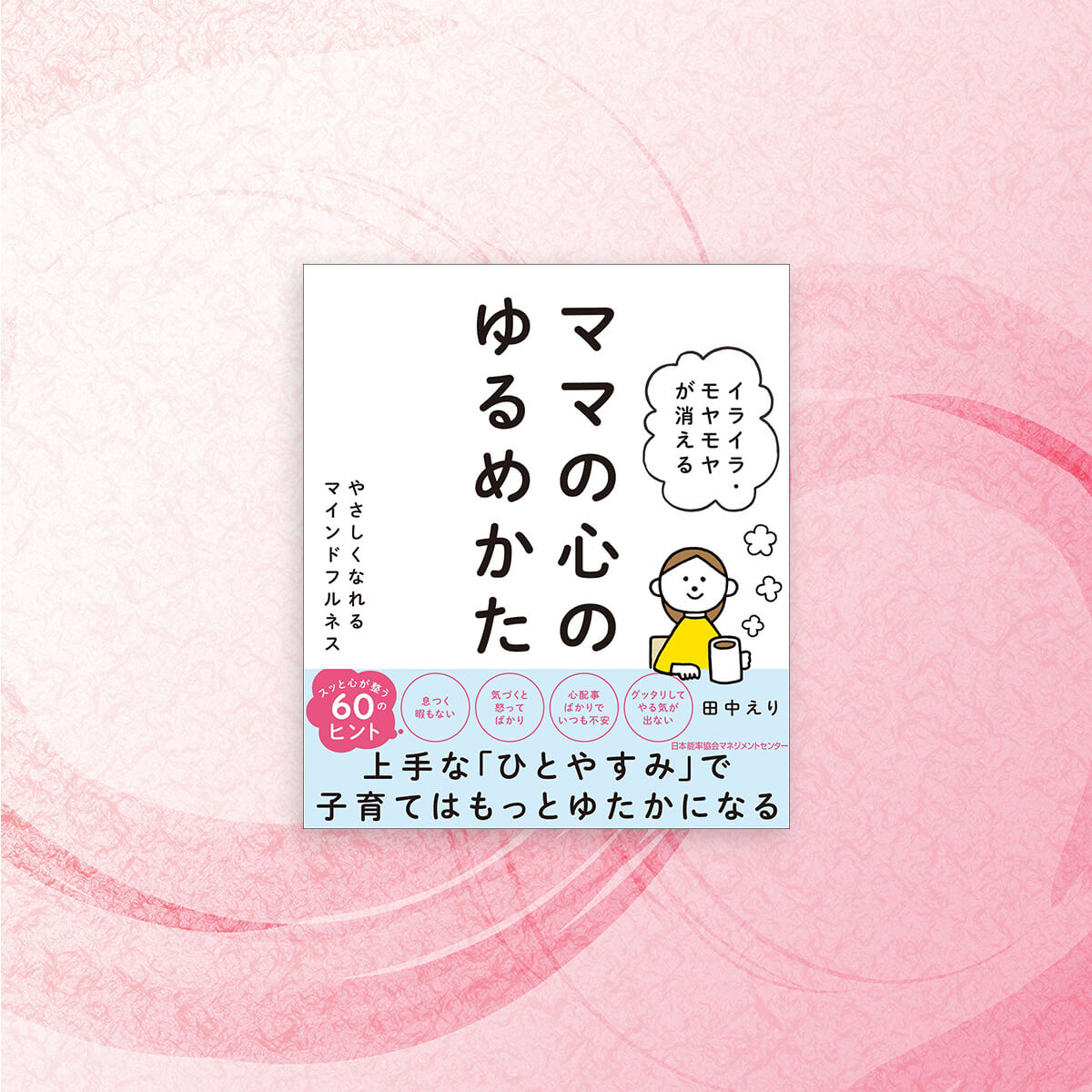
Everyday Mindfulness for Parents: How to Relax and Enjoy Being with Kids
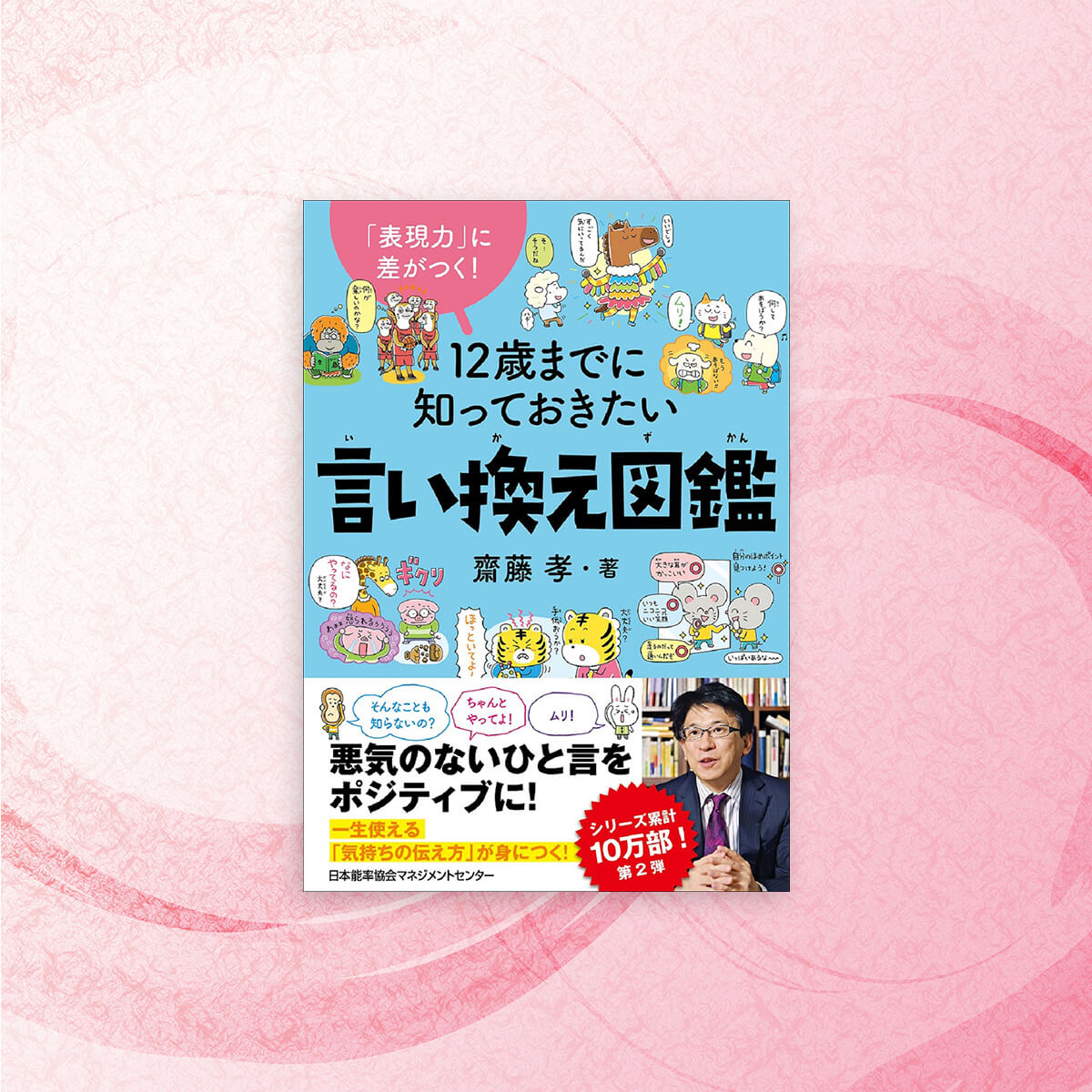
Better Ways to Say It: Positive Rephrasing Everyone Should Know by the Age of Twelve
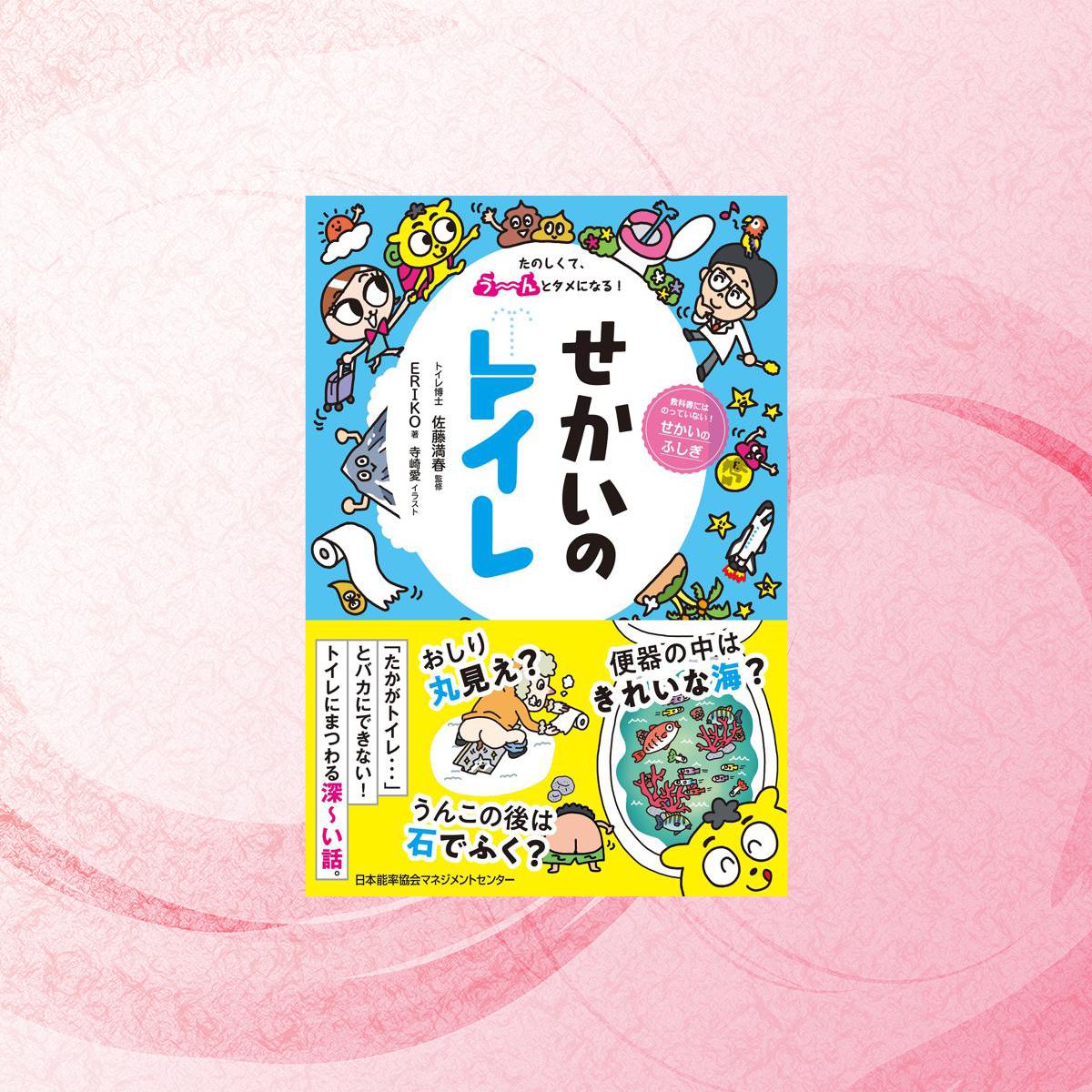
Toilets of the World
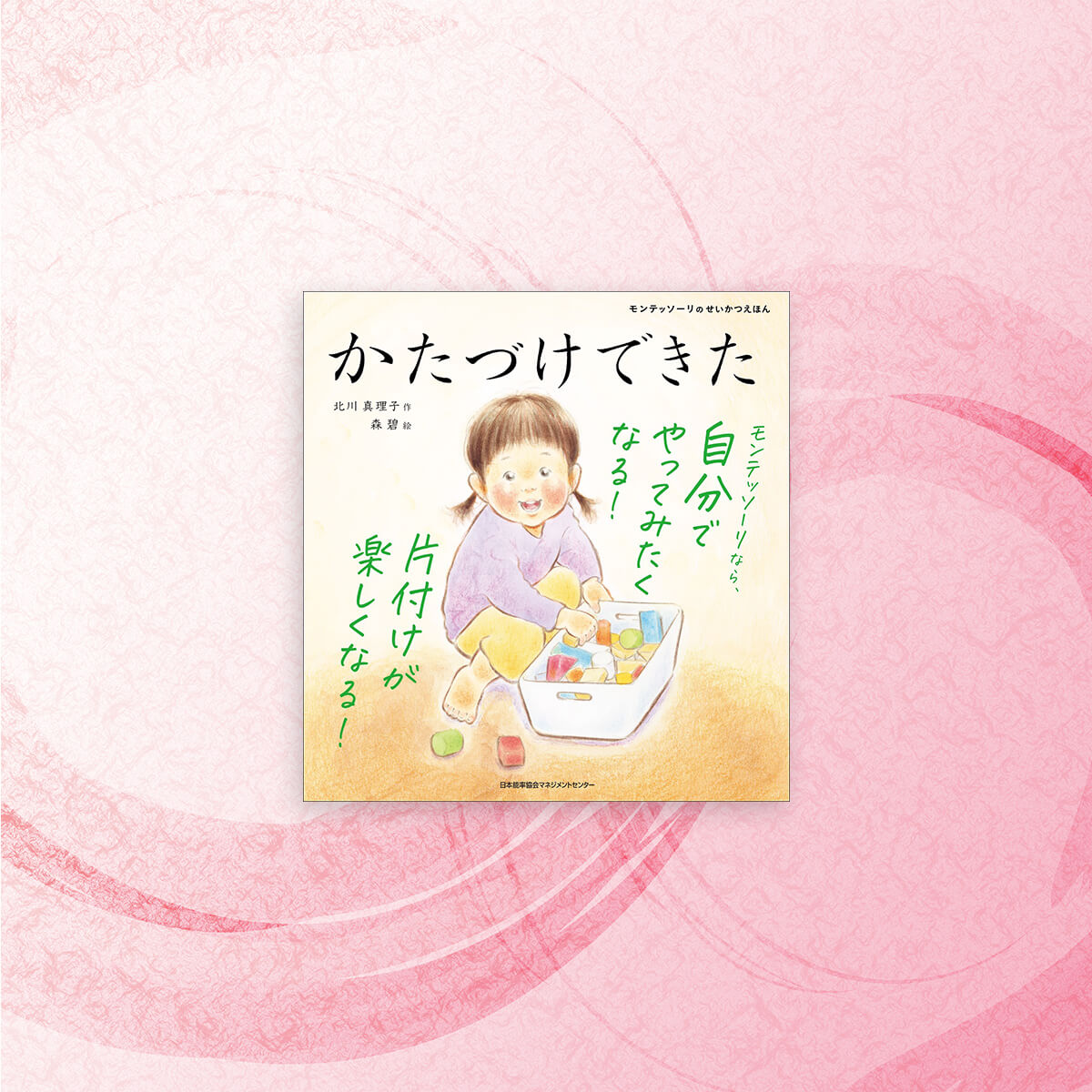
I Did It! Tidying Up!
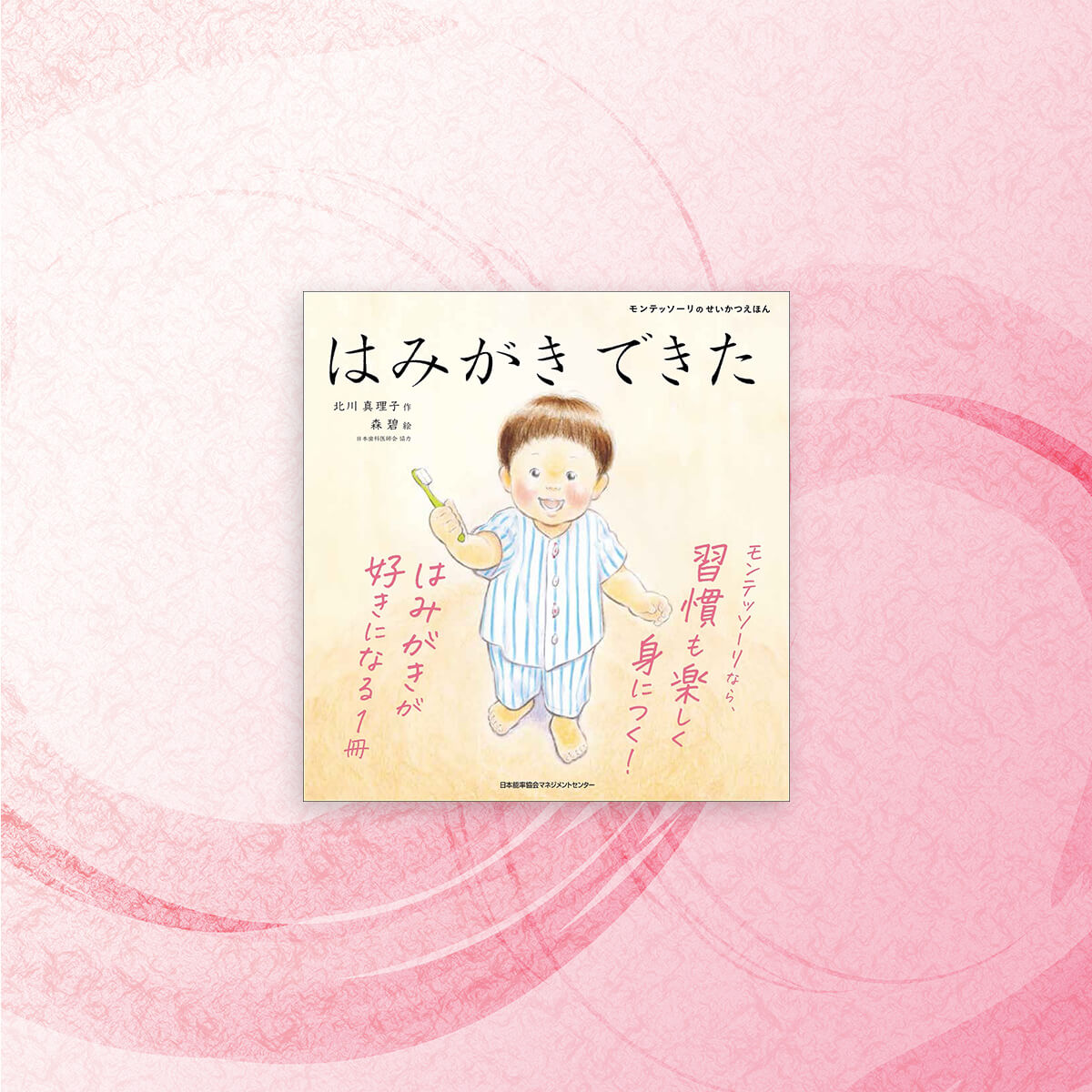
I Did It! Brushing My Teeth!
Japan is generally welcoming to visitors from overseas. However, those who settle in Japan to work or study often find it challenging to master the unwritten rules of business etiquette. Even with the best of intentions, a professional faux pas can leave a negative impression.
JMAM’s books on Japanese business etiquette can help. In clear, simple language, they describe exactly what is expected and how to behave in situations ranging from everyday greetings to formal events. Our books cover not just the what, but also the why, offering a deeper understanding of Japanese culture more generally. They equip readers with everything they need to navigate Japan’s business world with confidence.
JMAM has worked closely with Japanese industry for more than 70 years, helping businesspeople and others become the people they want to be. This series distils that experience to help readers planning business ventures in Japan achieve their goals.
Contact Us
Click here to request a Rights Guide.
Please send any other inquiries through our contact form.






















